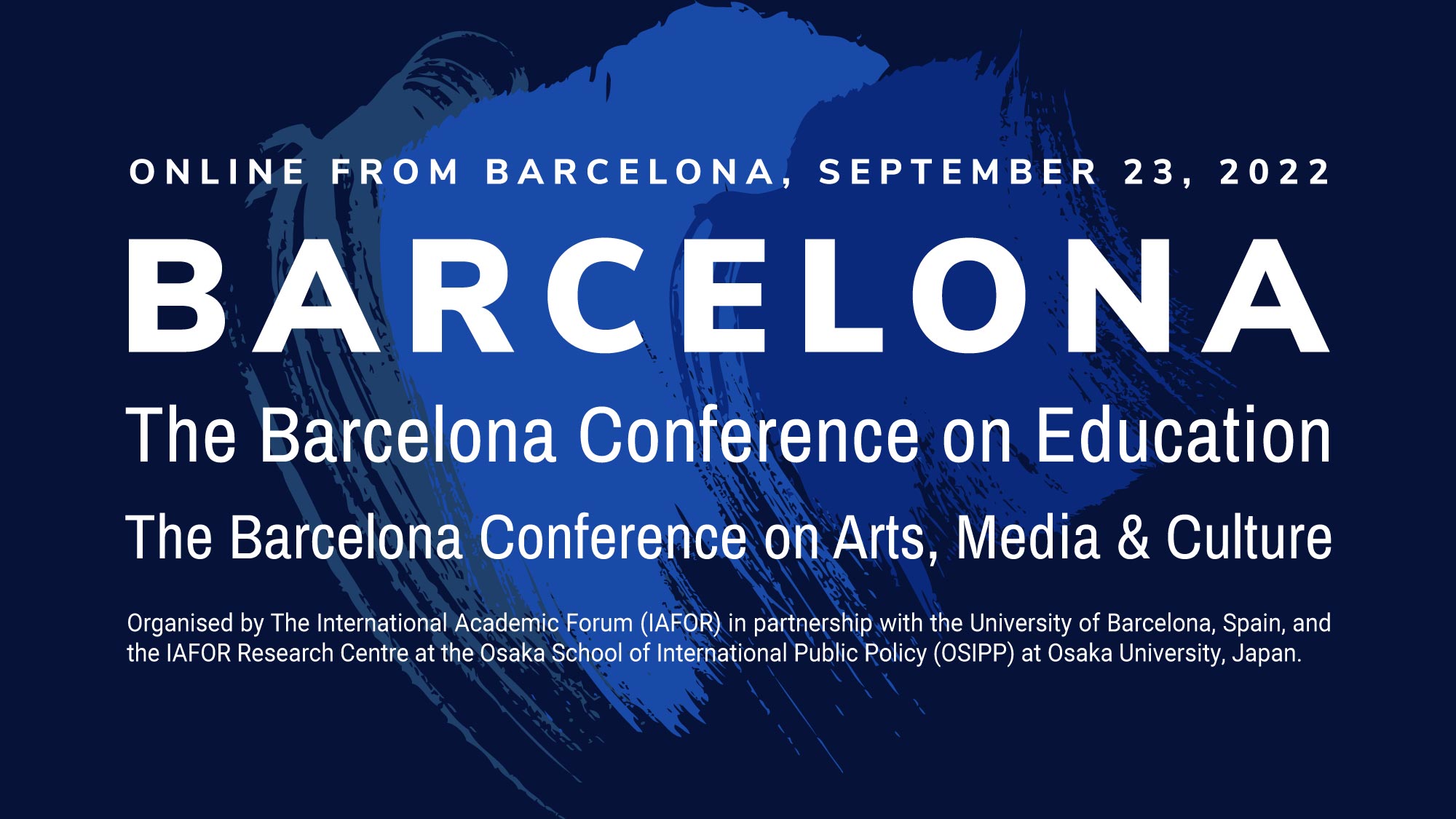
BCE2022
20–23 September, 2022 | University of Barcelona, Spain

Plenary Speakers
-
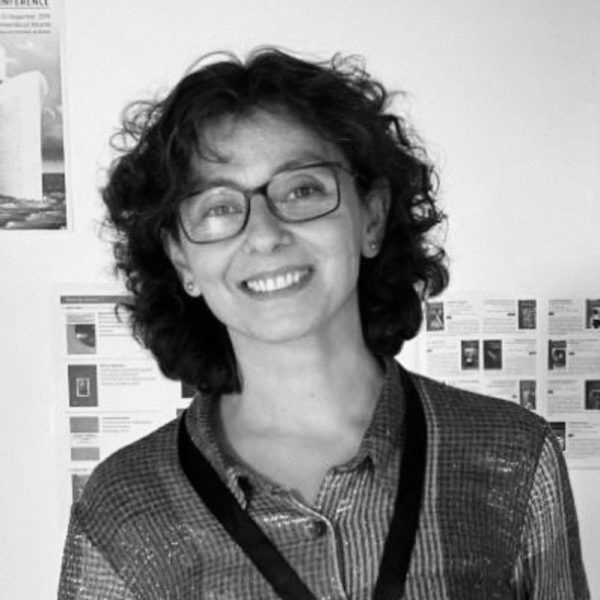 Isabel Alonso-BretoUniversity of Barcelona, Spain
Isabel Alonso-BretoUniversity of Barcelona, Spain -
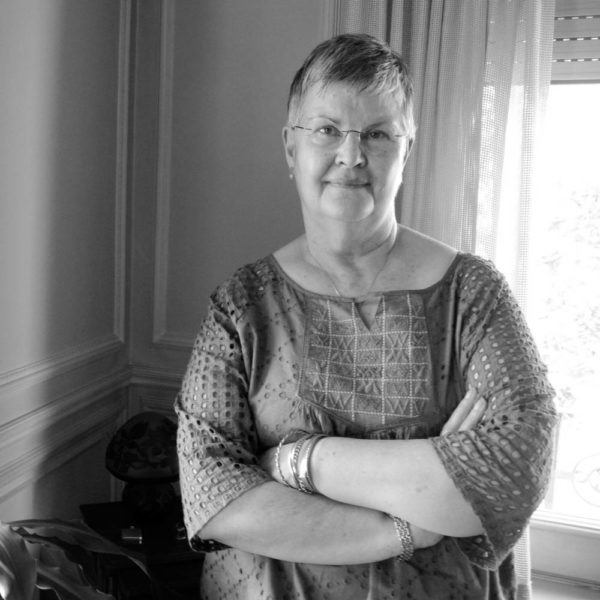 Sue BallynUniversity of Barcelona, Spain
Sue BallynUniversity of Barcelona, Spain -
 Joseph HaldaneThe International Academic Forum (IAFOR), Japan
Joseph HaldaneThe International Academic Forum (IAFOR), Japan -
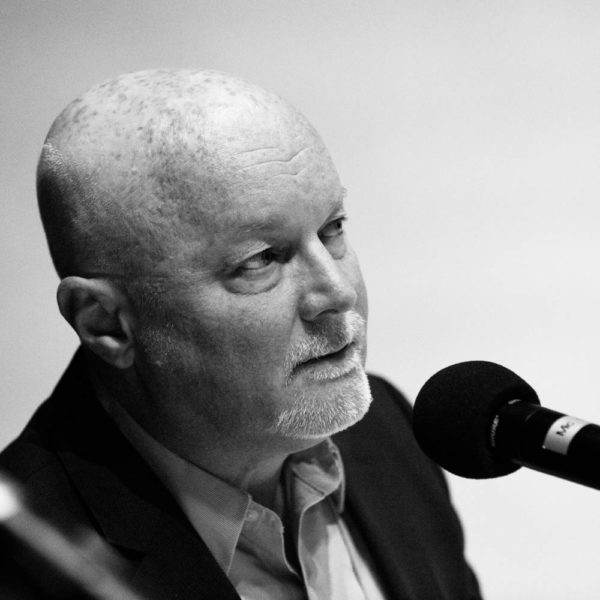 Donald E. HallBinghamton University, United States
Donald E. HallBinghamton University, United States -
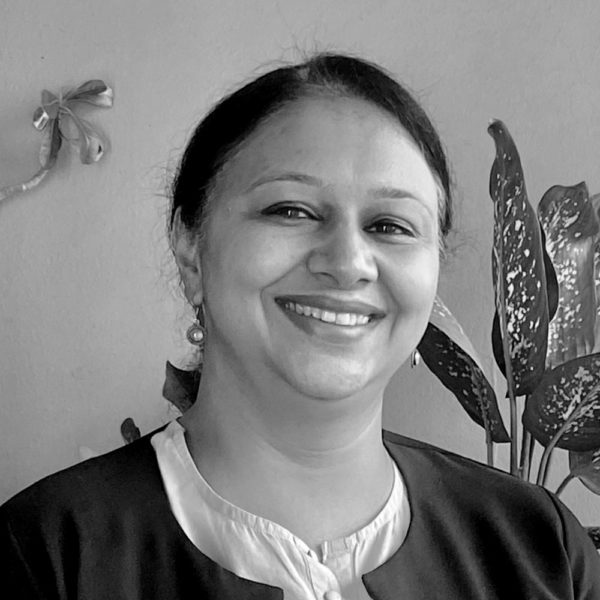 Ishmeet KaurCentral University of Gujarat, India
Ishmeet KaurCentral University of Gujarat, India -
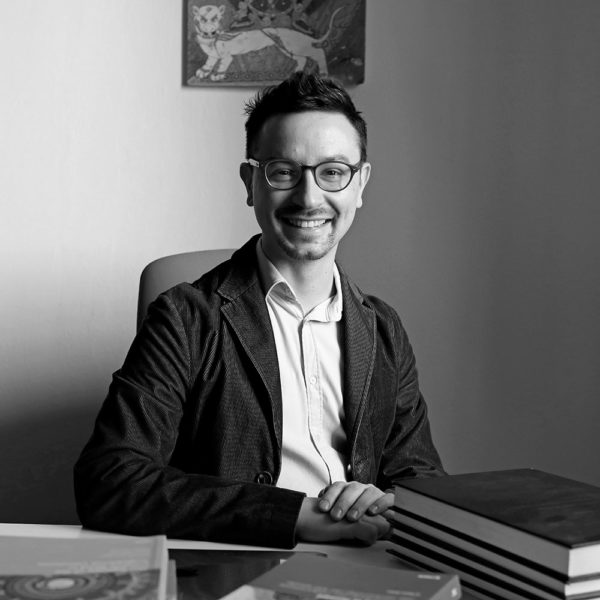 Mattia MantellatoUniversity of Udine, Italy
Mattia MantellatoUniversity of Udine, Italy -
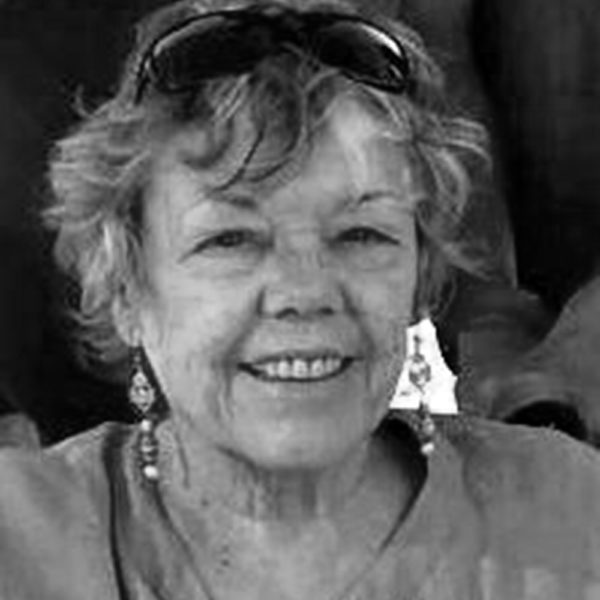 Kathleen FirthUniversity of Barcelona, Spain
Kathleen FirthUniversity of Barcelona, Spain -
 John McLeodUniversity of Leeds, United Kingdom
John McLeodUniversity of Leeds, United Kingdom -
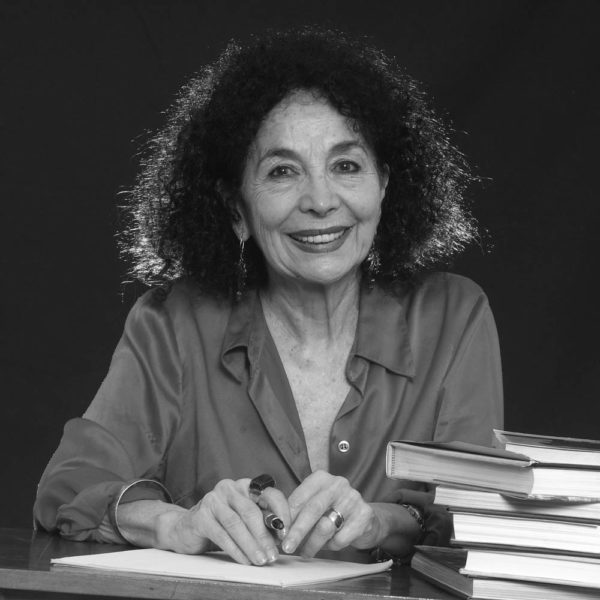 Gloria MonteroNovelist, Playwright & Poet
Gloria MonteroNovelist, Playwright & Poet -
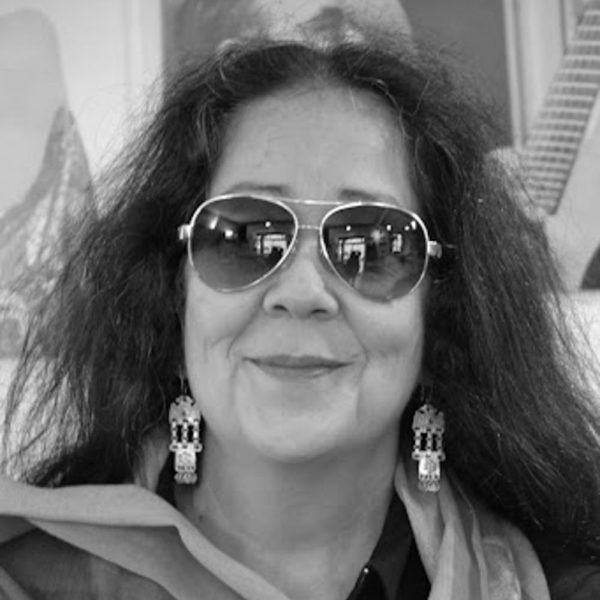 Silvia Cuevas-MoralesWriter, Australia
Silvia Cuevas-MoralesWriter, Australia -
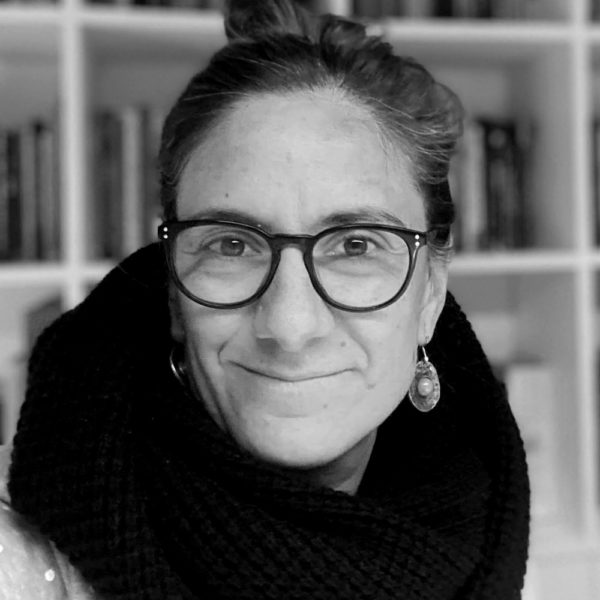 Dolors OrtegaUniversity of Barcelona, Spain
Dolors OrtegaUniversity of Barcelona, Spain -
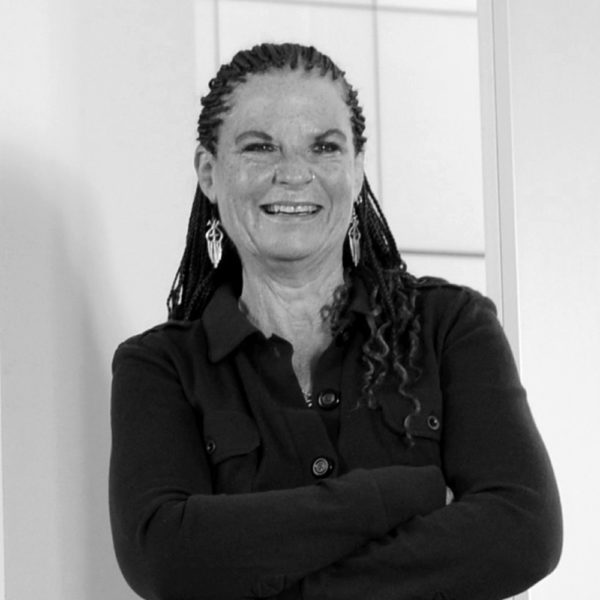 Shirley SteinbergUniversity of Calgary, Canada
Shirley SteinbergUniversity of Calgary, Canada -
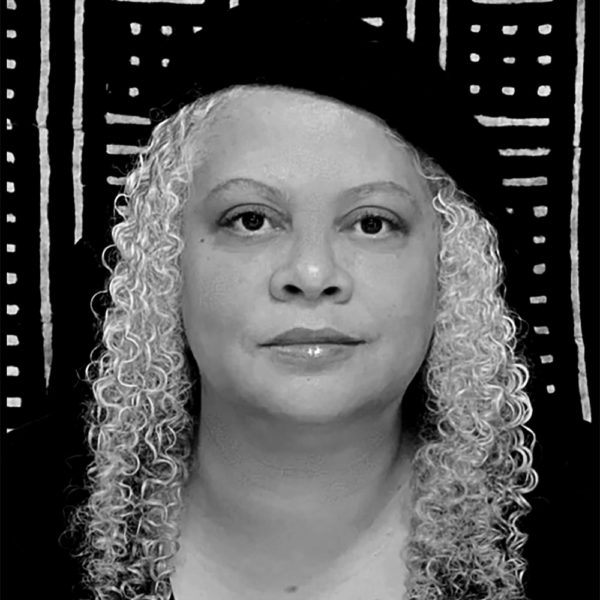 Adrien K. WingUniversity of Iowa College of Law, United States
Adrien K. WingUniversity of Iowa College of Law, United States
Programme
-
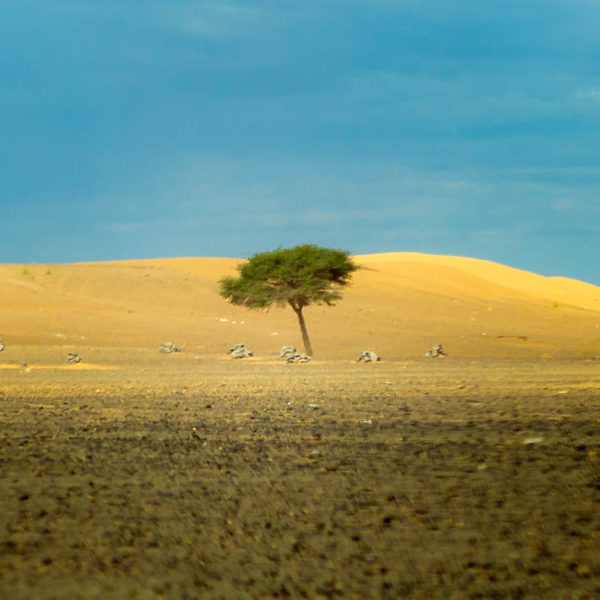 Resilience is an Academic Job RequirementKeynote Presentation: Donald E. Hall
Resilience is an Academic Job RequirementKeynote Presentation: Donald E. Hall -
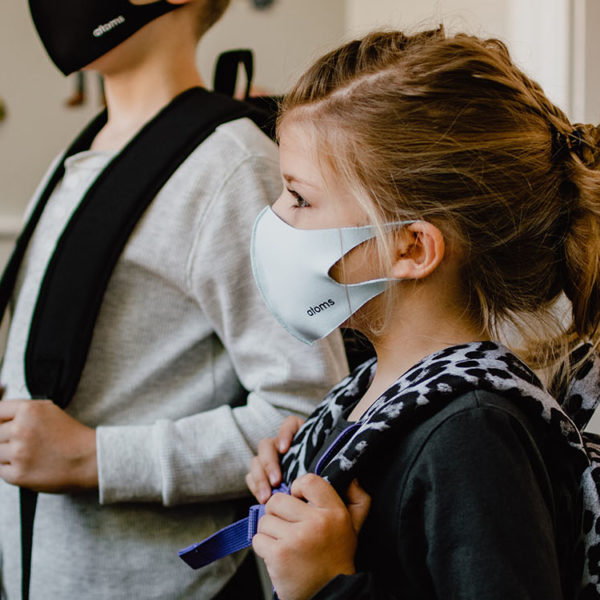 Do We Look Back to Move Forward?Keynote Presentation: Shirley Steinberg
Do We Look Back to Move Forward?Keynote Presentation: Shirley Steinberg -
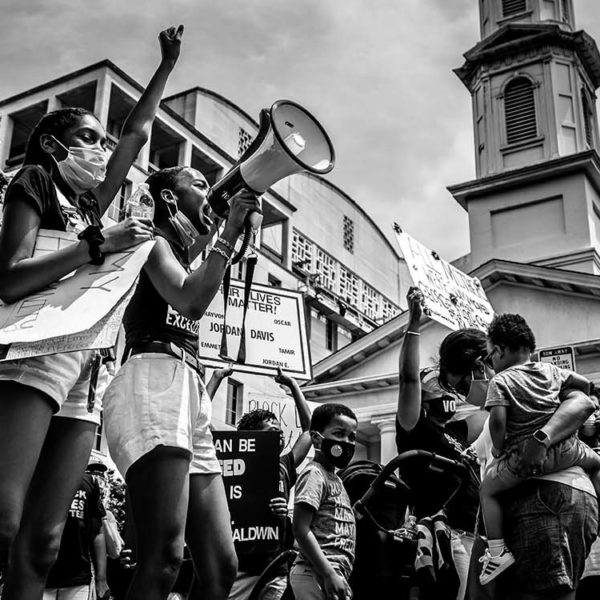 Attacks on Critical Race TheoryKeynote Presentation: Adrien K. Wing
Attacks on Critical Race TheoryKeynote Presentation: Adrien K. Wing -
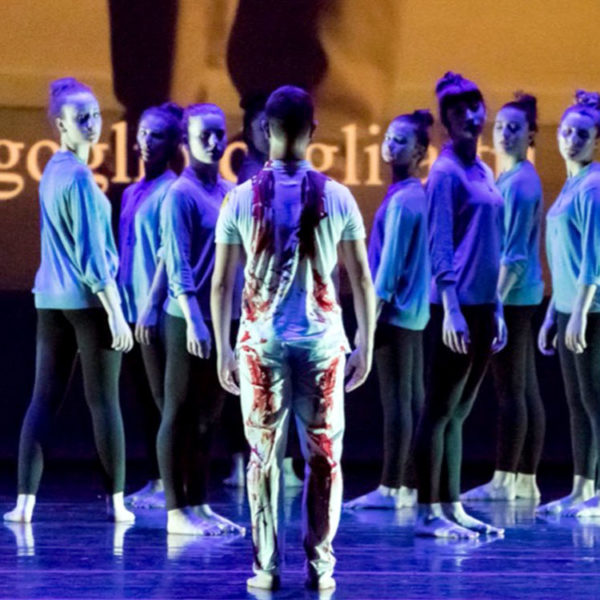 The Arts, Literature and Dance: Multimodal and Embodied Approaches for a Resilient and Partnership WorldKeynote Presentation: Mattia Mantellato
The Arts, Literature and Dance: Multimodal and Embodied Approaches for a Resilient and Partnership WorldKeynote Presentation: Mattia Mantellato -
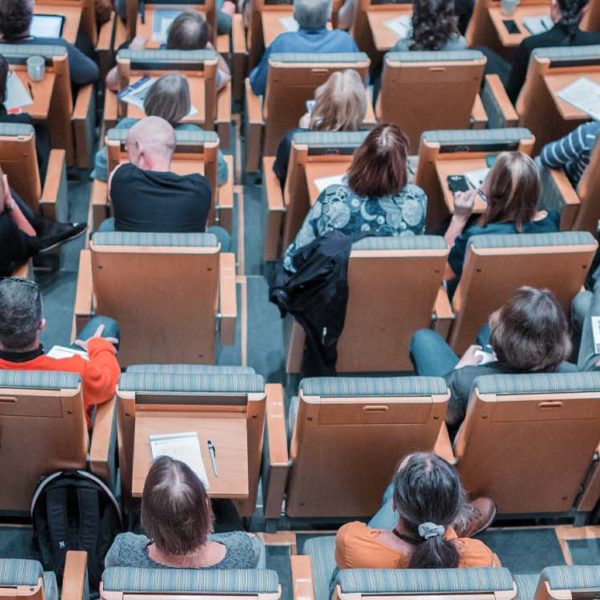 Adult Education and the ‘Pedagogy of the Oppressed’: Vulnerability, Resilience, and Lifelong LearningKeynote Presentation: Dolors Ortega
Adult Education and the ‘Pedagogy of the Oppressed’: Vulnerability, Resilience, and Lifelong LearningKeynote Presentation: Dolors Ortega -
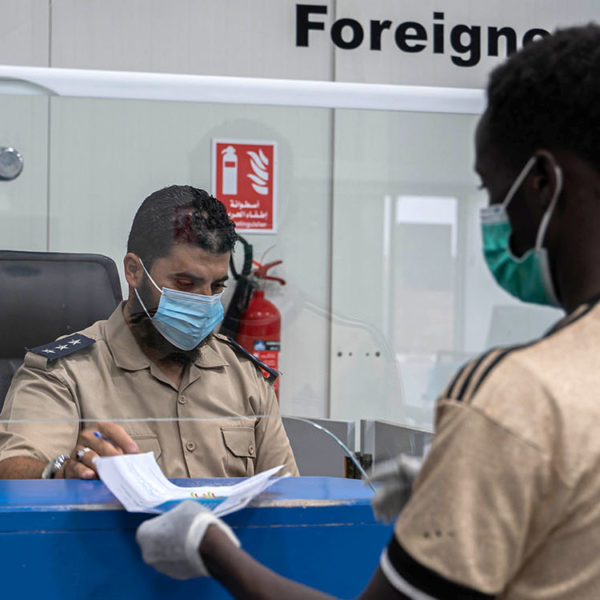 Writing Resistance and the Figure of the TrespasserKeynote Presentation: John McLeod
Writing Resistance and the Figure of the TrespasserKeynote Presentation: John McLeod -
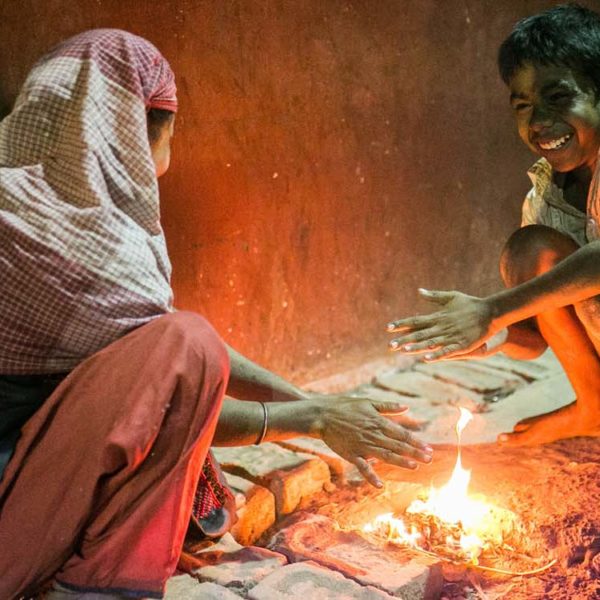 Stories of Resilience and StrengthKeynote Presentation: Ishmeet Kaur
Stories of Resilience and StrengthKeynote Presentation: Ishmeet Kaur -
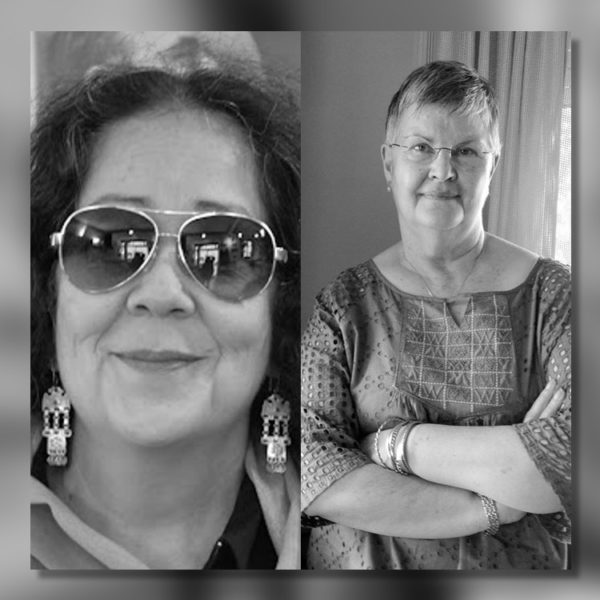 A Conversation with Poet Silvia Cuevas-MoralesFeatured Interview: Silvia Cuevas-Morales & Sue Ballyn
A Conversation with Poet Silvia Cuevas-MoralesFeatured Interview: Silvia Cuevas-Morales & Sue Ballyn -
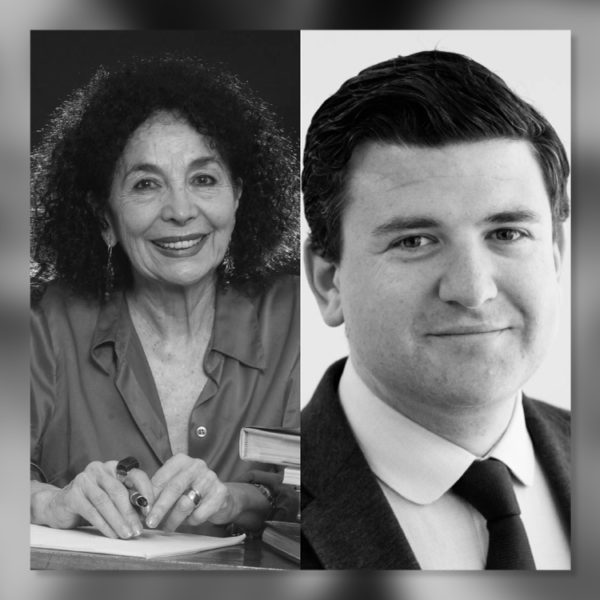 Gloria Montero Asks Joseph Haldane to Tell His StoryFeatured Interview: Gloria Montero & Joseph Haldane
Gloria Montero Asks Joseph Haldane to Tell His StoryFeatured Interview: Gloria Montero & Joseph Haldane
Organising Committee
The Conference Programme Committee is composed of distinguished academics who are experts in their fields. Conference Programme Committee members may also be members of IAFOR's International Academic Board. The Organising Committee is responsible for nominating and vetting Keynote and Featured Speakers; developing the conference programme, including special workshops, panels, targeted sessions, and so forth; event outreach and promotion; recommending and attracting future Conference Programme Committee members; working with IAFOR to select PhD students and early career academics for IAFOR-funded grants and scholarships; and overseeing the reviewing of abstracts submitted to the conference.
-
 Isabel Alonso-BretoUniversity of Barcelona, Spain
Isabel Alonso-BretoUniversity of Barcelona, Spain -
 Sue BallynUniversity of Barcelona, Spain
Sue BallynUniversity of Barcelona, Spain -
 Joseph HaldaneThe International Academic Forum (IAFOR), Japan
Joseph HaldaneThe International Academic Forum (IAFOR), Japan -
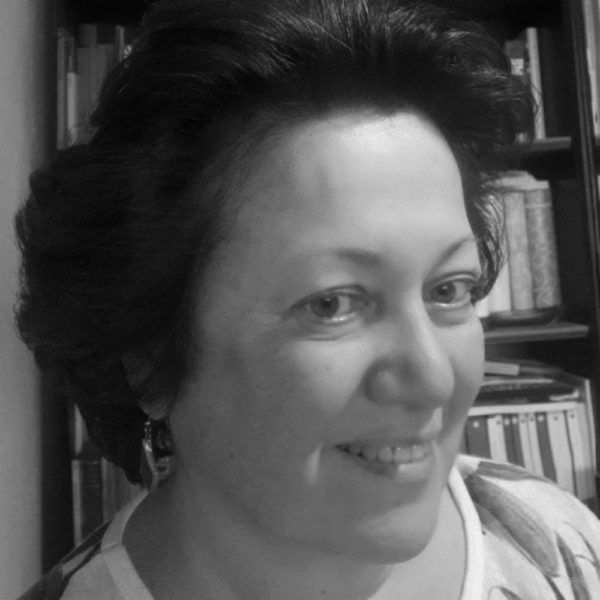 Montserrat Camps-GasetUniversity of Barcelona, Spain
Montserrat Camps-GasetUniversity of Barcelona, Spain -
 Donald E. HallBinghamton University, United States
Donald E. HallBinghamton University, United States -
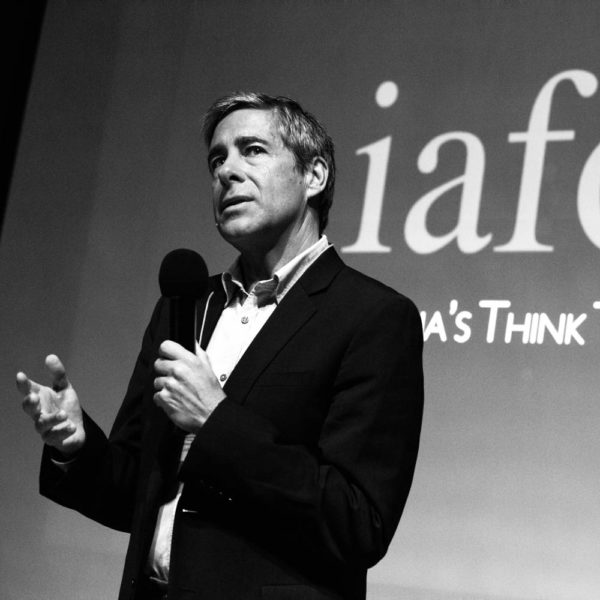 Baden OffordCurtin University, Australia
Baden OffordCurtin University, Australia -
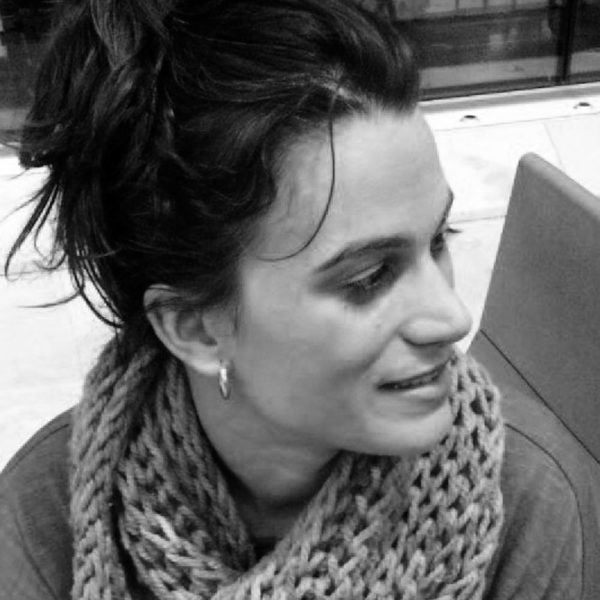 Maria Grau PerejoanUniversity of the Balearic Islands, Spain
Maria Grau PerejoanUniversity of the Balearic Islands, Spain -
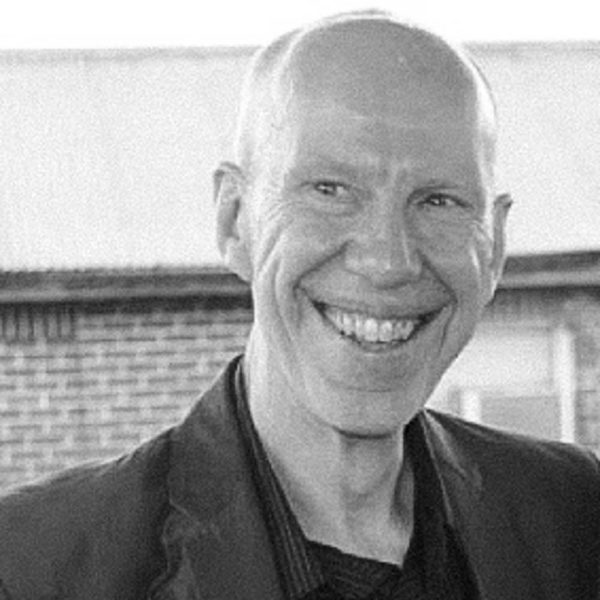 Cornelis Martin RenesUniversity of Barcelona, Spain
Cornelis Martin RenesUniversity of Barcelona, Spain -
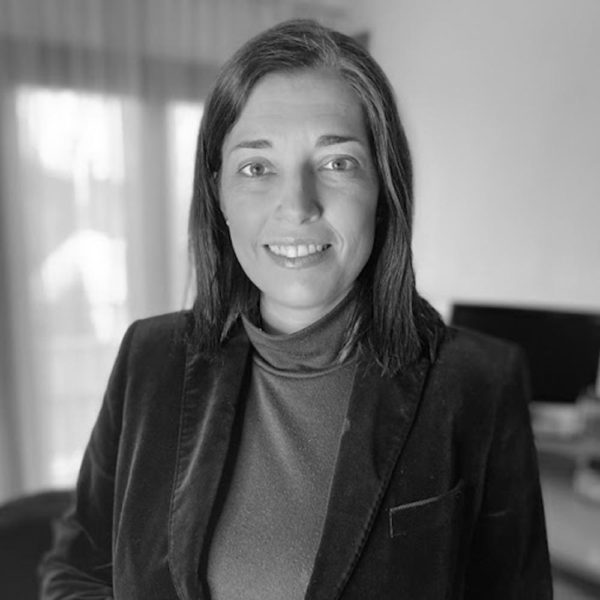 Caty Ribas-SeguraUniversity College Alberta Giménez, Spain
Caty Ribas-SeguraUniversity College Alberta Giménez, Spain
Review Committee
- Dr Supriya Banerjee, Amity University, Uzbekistan
- Professor José Carneiro, University of Porto, Portugal
- Dr Shravasti Chakravarty, XLRI Delhi-NCR, India
- Professor Selina Gao, Murray State University, United States
- Dr Leslie Haas, Xavier University of Louisiana, United States
- Dr Eiman Mohamed Eltom Hagou, Islamic University of Minnesota, United States
- Dr Giraldo De La Caridad León Rodríguez, ECOTEC University, Ecuador
- Dr Hong Li, Emory University, United States
- Professor Mario Pace, University of Malta, Malta
- Dr Hongzhuan Song, Nazareth College of Rochester, United States
Conference Outline
09:00-09:30: Conference Registration
09:30-10:30: Welcome Address & Recognition of IAFOR Scholarship Winners | Live Stream Available
The Vice-Chancellor, University of Barcelona, Spain
Dr Javier Velaza, Dean of the Faculty of Philology and Communication, University of Barcelona, Spain
Dr Cornelis Martin Renes, CEAT Director and Senior Lecturer at the Department of English Studies, University of Barcelona, Spain
Dr Joseph Haldane, The International Academic Forum (IAFOR), Japan
10:30-10:50: Keynote Presentation | Aula Magna, University of Barcelona | Live Stream Available
Resilience is an Academic Job Requirement
Donald E. Hall, Binghamton University, United States
10:50-11:05: Coffee Break
11:05-11:50: Keynote Presentation | Aula Magna, University of Barcelona | Live Stream Available
The 2022 Kathleen Firth Lecture: Writing Resistance and the Figure of the Trespasser
John McLeod, University of Leeds, United Kingdom
Kathleen Firth, University of Barcelona, Spain (Introduction)
Isabel Alonso-Breto, University of Barcelona, Spain (Moderator)
11:50-12:00: Conference Photograph
12:00-14:00: Lunch Break & Reception
14:00-14:45: Keynote Presentation | Aula Magna, University of Barcelona | Live Stream Available
The Arts, Literature and Dance: Multimodal and Embodied Approaches for a Resilient and Partnership World
Mattia Mantellato, University of Udine, Italy
14:45-15:00: Coffee Break
15:00-15:45: Featured Interview | Aula Magna | Live Stream Available
Gloria Montero Asks Joseph Haldane to Tell His Story
Gloria Montero, Novelist, Playwright & Poet
Joseph Haldane, IAFOR, Japan
15:45-16:45: Conference Poster Session
09:30-10:45: Parallel Presentation Session 1
Poble Nou (Room A): Interdisciplinary Linguistics and Language
65213 | Evaluation of Secondary School EFL Textbook Used in Public Schools: A Case of Oman
64914 | Distance Learning – Peer Teaching Among Education Students
64640 | A Study Into How Collaborative Features in Online Spoken Interaction May Affect Collective Learning
Sant Sebastia (Room B): Learning Experiences, Student Learning & Learner Diversity
64935 | Effectiveness of Learning Objectives Articulated in Some of the Undergraduate Textbooks in Developing Entrepreneurial Skills in the Students
65487 | Financially Educating Generation Z Using Digital Media – A Competitive Field Test of eduStories® versus Texts
65243 | Social and Emotional Learning in the Apprentice Experience – A Mixed-methods Investigation
Barceloneta (Room C): Learning & Development
65301 | The Human Element Factor as an Education Experience for Learning and Development in Learning Diversity
64999 | Empowering Students Through Neurolinguistic Coaching and Positive Psychology
64695 | Modulation of the Imaginary Perceptive Maps and Its Effect on the Cognitive Attitude of Medical Students
Gotic (Room D): Multicultural Learning
65237 | Diaspora, Globalization, and Education: An Initial Survey of the Filipino Guro in Thailand and Indonesia
65065 | Estonian Teachers Self-efficacy in Multicultural Classrooms
64923 | Learning in a Multicultural Reality – Distance Learning in Corona Crisis
10:45-11:00: Coffee Break | Gracia (Main Room)
11:00-12:15: Parallel Presentation Session 2
Poble Nou (Room A): Language/Literature/Literary Studies
64987 | A Hopeful South African Literature: The Sublime in Etienne van Heerden’s the Long Silence of Mario Salviati
65579 | Re-Defining Black Masculinities in Toni Morrison’s Novels
65084 | Linguistic Image Creation in Media Based on Framing and Rhetorical-eristic Text Analysis During the 2020 Presidential Campaign in Poland
Sant Sebastia (Room B): Learning Experiences, Student Learning & Learner Diversity
64992 | Conceptions of Modesty and Showing-off Behaviours: Impacts on Postgraduate Students’ Being Able but Unwilling to Respond/ABU in a UK University
65346 | The Making of Superintendents of Education in South Korea
65071 | Understanding User Feedback Through Negative Emotions: A Learning Experience
Barceloneta (Room C): Creativity
65512 | Creativity During Covid-19 Pandemic in Singapore: A Case Study via the 4Ps of Creativity
65438 | In Search for a Space to Change: Learning from Children’s Imagined and Actual Mobilities
62388 | The Application of Career and College Success as a Creative, Innovative, and Adaptive Learning Program for Personalized Education Among the International Students of Jose Rizal University
Gotic (Room D): Higher Education
65409 | Digital Learning Assistants in Higher Education Environments: A Qualitative Focus Group Study
64788 | Perceptions of TVET Students Regarding the Integration of Learning Management Systems (LMS) for Teaching and Learning: Situation Analysis of TVET College in South Africa
64720 | Transformations in Higher Education: Integration of Future Technologies into Teaching and Learning
12:15-13:15: Lunch Break | Gracia (Main Room)
13:15-14:55: Parallel Presentation Session 3
Poble Nou (Room A): Media and Communication
64688 | Storytelling in a Facebook Support Group: Support Solicitation and Support Provision Among Parents of a Child With Autism
63668 | Engaging/Creating Difference: The Relevance of Cultural Identity as Laypeople Plan a Newscast
64773 | Media Penetration and Economic Growth: Case Study of South Africa
64855 | Women and Modernity: Female Images in Chinese Cigarette Cards
Sant Sebastia (Room B): Learning Experiences, Student Learning & Learner Diversity
65600 | Actions Towards Sustainable Communities: Exploring Pre-Service Teachers’ Experiences of Science for Global Goals Curriculum
64718 | Enhancing the Comprehensibility of Palm Oil Knowledge Using Augmented Reality
64973 | If Inclusion Means Everyone, Why Not Me? Parents of Students With Developmental Disabilities Speak Out
65593 | On Space, On Place: Emerging Tamaraw Identity: The FEU Lived Experience Journey of Students in the Communication Discipline
Barceloneta (Room C): International Education
65421 | Cash for Resilience: Examining the Impact of a Cash Transfer on Marginalized Girls in Refugee and Host Communities in Kenya
64275 | Community Support and Teachers’ Use of Digital Technology: A Comparative Case Study of Two Primary Teachers From England and Vietnam
64065 | Re-introducing International Students to Face-to Face Learning in the New Normal
Gotic (Room D): Interdisciplinary Education and Arts
64924 | Latin American Film for Future Nurses: Teaching Clinical Empathy and Narrative Medicine Awareness to Work With Immigrant Populations
64904 | The Development of a Measurement Tool of Resilient Leadership for Principals
64316 | Hauntings of Intercultural Art Pedagogies: A Duo-authoethnography of Two Asian Art Educators’ Transformative Experiences
64898 | Resilience in Children: Theory and Practice
14:55-15:10: Coffee Break | Gracia (Main Room)
15:10-16:25: Parallel Presentation Session 4
Poble Nou (Room A): Interdisciplinary
64477 | The Future of Small-to-Medium-Scale Production of Ceramics: The Use of Thermoplastic Polyurethane 3D Printing to Produce Molds in Educational Institutions
64774 | Corporate Social Responsibility and Community Development: The Case of Dead Sea Hotels
Sant Sebastia (Room B): Education and Difference/Education, Sustainability & Society
65323 | Teachers’ Awareness on Supporting Students with Traumatic Experiences in School Settings: A Literature Review
65360 | Telehealth as a Parent Training Platform: A Behavioral Development approach to Autism Intervention
65375 | The Attitudes of Medical and Nursing Students Toward Homeless People
Barceloneta (Room C): Teaching Experiences, Pedagogy, Practice & Praxis
65525 | A Pedagogy Quality Evaluation Model: Assessing the Quality of Human-machine Interactive Learning in Econometrics
65330 | Promoting Teacher Confidence With Technology Through Risk Taking and Organisational Changes: A Welsh Perspective
64971 | Remote Learning Infrastructure and Practice in Philippine Secondary & Higher Education: Current Situation and Proposed Direction
Gotic (Room D): Education and Innovation
64146 | School-based Virtual Reality Room for Students With Severe and Complex Learning Difficulties to Reduce Anxiety Levels and Develop Social Skills
65276 | Teaching Without Borders: A Gamification Paradigm for Practical Subjects
64922 | A New Look at the Station Rotation Model: Interdisciplinary Integration
16:25-16:40: Coffee Break | Gracia (Main Room)
16:40-17:25: Keynote Presentation | Poble Nou (Room A) | Live Stream Available
Adult Education and the ‘Pedagogy of the Oppressed’: Vulnerability, Resilience, and Lifelong Learning
Dolors Ortega, University of Barcelona, Spain
09:30-11:10: Parallel Presentation Session 1
Poble Nou (Room A): Interdisciplinary
65631 | The Multidimensional Model of Fandom Tourism in the Hyper-connected Era: The Case of Hallyu Fans
65153 | A Case Study on Lube Martin in Race and the Law in WWI Era Kentucky
65156 | Kurdish Women Claiming Citizen Rights and Woman Agency Through Language Revitalisation and Folklore Collecting
Sant Sebastia (Room B): Professional Training, Development & Concerns in Education
64503 | Off-site Insights – A Qualitative Study of Teacher Professional Development Through the Pandemic and Beyond
65400 | STEM Teaching Factory: From In-person to Virtual Teacher Immersion Program
64785 | The Mixed Reality in the Initial Formation of Teachers for the Construction of Theoretical and Practical Knowledge About Teaching
60040 | Using Contemporary Art and Animation in Professional Health Education and Training
Barceloneta (Room C): Teaching Experiences, Pedagogy, Practice & Praxis
65597 | Education in an Age of Crisis: Praxis and Wellbeing Under Pressure
65087 | Becoming a Teacher – An Introductory Program for New Student Teachers
65504 | How Can Dialogues Around Work Experience Enhance Adult Students Learning
65532 | Flipping Clinical Supervision for Speech-Language Pathology Students: Perceptions of Clinical Educators in Implementing Inquiry-Based Learning
Gotic (Room D): Workshop Sessions
65240 | Using Multicultural Literary Texts and Documentaries for Developing Student Teachers’ Cross-cultural Competence and Raising Their Awareness of Social Injustices
64830 | The Time is Now: The Increased Need for Differentiated Instruction in Primary and Secondary Classrooms
11:00-11:25: Coffee Break
11:25-12:40: Parallel Presentation Session 2
Poble Nou (Room A): Counselling, Guidance & Adjustment in Education
65106 | Internet Based Relationship Education: A Randomized Controlled Trial Among Turkish Emerging Adults
65107 | Relationship Education Dropout: Exploring Dropout Characteristics
65176 | The Role of Relationship Beliefs, and Relationship Self-efficacy in Predicting the Attitudes Towards Intimate Partner Abuse
Sant Sebastia (Room B): Educational Policy, Leadership, Management & Administration
65411 | Postmodernism as a Factor in the Post-truth Era: Finding a Path for Public Schools in a Time of Chaos
65554 | Integrated Teacher Education Programme in India: In Search of a Feasible Model
65551 | Teachers’ Intention to Leave: Educational Policies as External Factor of Stress
Barceloneta (Room C): Foreign Languages Education & Applied Linguistics
65596 | Enhancing Students’ Motivation, Autonomy and Achievement Using Mentimeter
65207 | Second Language Learners’ Awareness and Use of Metacognitive Strategies in Academic Reading: A Case Study
Gotic (Room D): Educational Policy, Leadership, Management & Administration
65033 | Vocational Adult Education and Training in Slovakia. Second or Wasted Chance?
64180 | Re-contextualising the Human Capital Theory in Bangladesh: More Education Does NOT Always Yield Higher Earnings
65430 | Organizational Change Through Complex Adaptive Design
12:40-13:40: Lunch Break
13:40-15:20: Parallel Presentation Session 3
Poble Nou (Room A): Cultural Studies and Design
65058 | Research on the Design of Cultural Creative Products From the Perspective of Cultural Identity
63374 | When Geopolitics Meet Design: -162ºC Trading Power: A Case Study
65042 | Craft as Rhizomatic Learning
64709 | Small Housing: Wright’s Explorations and Published Manuals
Sant Sebastia (Room B): Learning Experiences, Student Learning & Learner Diversity
65603 | Benefits of English ‘Lingua Franca’ COIL Projects in the Post-COVID-19 Era
64086 | Open Educational Resources (OER), Learning Enhancement and Attitude Improvement: An Experience From Higher Education in COVID Era
64700 | Entering University During Times of Disruption: Experiences of First Year Students From a Historically Disadvantaged University in South Africa During the Covid19 Pandemic
65093 | University Students’ Perception of Online Learning Experiences During Covid-19 Pandemic
Barceloneta (Room C): Challenging & Preserving: Culture, Inter/Multiculturalism & Language
65277 | If These Walls Could Talk: Semiotic Codes Analysis of School Space
65174 | Resilience in Times of Change: Critical Autoethnographic Stories of Immigrant Teacher Identity
65344 | Autoethnography: The Preservation and Resiliency of the U.S.-Mexico Border People
Gotic (Room D): Workshop Session
64885 | Let’s Play: Using Gamification in University Classes as a Means to Increase Motivation and Engagement While Lowering Stress
64702 | Paired Course Design for Interprofessional Education Learning (IPE): Clinical Mental Health and Psychiatric Mental Health Nurse Practitioner Programs
15:20-15:35: Coffee Break
15:35-16:50: Parallel Presentation Session 4
Poble Nou (Room A): Teaching Experiences, Pedagogy, Practice & Praxis
64530 | Attitudes to Grammar in the Internet Age
65069 | Teachers’ Perspectives on Digital Technologies and Educational Practices: Challenges and Resilience in a Brazilian Public Educational Context
64470 | The Delicate Architecture of Poetry Illuminates the Agony and Resilience of University Lecturers During COVID-19 Remote Learning
Sant Sebastia (Room B): Higher Education
65303 | Assessment for Learning in Tunisian Higher Education: English Language Teachers’ Self-Efficacy and Knowledge Base
64219 | Modernizing the International Short-Term Study Abroad
64178 | Shaping Qualitative Researchers in the Asian Context
Barceloneta (Room C): No Sessions
Gotic (Room D): No Sessions
16:50-17:05: Onsite Conference Closing Session
Joseph Haldane, IAFOR, Japan
08:00-09:40: Online Parallel Presentation Session 1 | Live Stream Available
Room A: Interdisciplinary
65451 | Education as Means of Women’s Liberation: Myth or Reality?
63625 | Measuring Professional Agency of Minority Teachers: The Case of Russian Schools in Estonia
65563 | Exploring Implicit Exclusion in the Indian Schooling System
64861 | Ouality of Teaching and Learning in Higher Education Institutions: An Example of University of Zagreb
Room B: Teaching Experiences, Pedagogy, Practice & Praxis
65226 | Methods of Teaching and Acquisition of Employability Skills Among University Science Graduates in the South-west, Nigeria
65103 | Teacher Approaches in Career Guidance Programmes in Singapore High Schools: A Qualitative Study
64066 | An Ethnographic Study of Digital Translanguaging and Transcultural Practices Among Algerian ELF Users
65553 | Flexible and Scalable Compulsory Education and Training: Challenges, Solutions and Lessons Learned
Room C: Foreign Languages Education & Applied Linguistics (including ESL/TESL/TEFL)
65449 | Best Practices: Model United Nations Simulations and English as a Lingua Franca
65280 | Developing a Reading-based Pedagogical Model for L2 Learners’ English Academic Writing: A Case Study in Japanese Tertiary Education
64637 | Applying Educational Technology in ESL Context: Challenges and Suggestions
64954 | University ESL Students’ Challenges and Insights Towards Online Learning Amidst COVID Pandemic
Room D: No Sessions
09:40-09:50: Short Break
09:50-10:40: Online Parallel Presentation Session 2 | Live Stream Available
Room A: Interdisciplinary
61051 | Boyhood and Consuming “Extra-special Sweets” in Roald Dahl’s Children’s Literature
65606 | Decomposing the Stereotypes: East-West Dichotomy in the Film Adaptations of W. S. Maugham’s The Painted Veil
Room B: Interdisciplinary
65441 | Fostering the Entrepreneurial Mindset of Students Through Pioneering Teaching Pedagogies: An Empirical Study on a B-School
65381 | Representation of the Student’s Controllable Performance Features Based on PS2CLH Model
Room C: Research and Publishing
64147 | Considerations About the Importance of Education After the First Wave of COVID-19
65476 | Prevalence of Anxiety in University Students During the Covid-19 Pandemic
Room D: No Sessions
10:40-10:50: Break
10:50-12:30: Online Parallel Presentation Session 3 | Live Stream Available
Room A: Arts & Humanities - Interdisciplinary
65080 | Architectural Solutions to “Street Vendors” at Cairo
65605 | The Reconstruction of Rural Place Through Paper-cutting Art: A Case Study of a “Paper-cutting Village” in Fujian Province, China
64684 | Future Digital Finance: Ethnic Traditional Jewelry as Intangible Heritage and its Influence on Places’ Assets
64966 | Art as Resistance and Overcoming Hegemonic Epistemologies for Other Plural Meanings in Human Formation
Room B: Education - Interdisciplinary
65497 | Panel: Creating a High-performing Education System in the UAE: Improving Teacher Quality
64506 | Developing Teamwork Skills: Exploring the Integration of Peer Assessment With Critical Reflection Among International Business Students
65056 | Developing the Professional Identity of a Novice Teacher Through the Teacher Induction Program
Room C: Learning Experiences, Student Learning & Learner Diversity
65485 | Assessing Students’ Perception on Academic Emotions in 21st Century Skills Learning Environments in Rural India
65314 | Enhancing Employability Skills: Evaluation of the Student Experiences of the Work-integrated Learning Internship Program
65537 | Flexible Learning Experiences and Attitude Towards Flexible Learning of Students in Bicol Philippines: Basis for a Self-regulated Learning Model
65338 | Fostering the Academic Transition of International Students Who Are Ethnoculturally and Linguistically Diverse in Postsecondary Education
Room D:
Interdisciplinary
64780 | Our Story: Teenage Mothers on Risk and Protective Factors Influencing Their Resilience Towards Completion of Their Education and Future Goalsetting
65365 | Negotiating the Place for Human Rights in Education – Implications for Curricular Integration
65357 | Encouraging Self-study Outside Class by Incorporating High-stakes Writing
64153 | In Their Own Words: South African Learners on Mathematical Anxiety and Factors That Inhibit Their Mathematical Resilience
12:30-12:40: Break
12:40-13:55: Online Parallel Presentation Session 4 | Live Stream Available
Room A: Interdisciplinary
64960 | Digital Technologies in Teacher Education with Reference to French Language Teacher
65481 | Design for Outdoor Education: Redefining Schooling Through Design-Oriented Experimentation in Outdoor Contexts
65584 | Teaching Digital Art: Video Game Photo Modes
Room B: Teaching Experiences, Pedagogy, Practice & Praxis
65329 | A Daily Self-checklist as an Effective Tool to Maintain Students’ Engagement Academically, Socially and Emotionally
65342 | Innovating Design Thinking and L1 Support in an Online English as a Foreign Language (EFL) Classroom
65450 | A Framework for Faculty-focused Professional Development for Online Delivery of Instruction
Room C: Learning Experiences, Student Learning & Learner Diversity
65442 | Reflection of Sustainable Entrepreneurial Intent Among the Learners on Completion of Courses on Sustainability
65092 | Unconventional Times in Higher Education: Evolving and Transforming – Student Support Perspectives
63967 | Examining the Impact of Classroom Group Identity Development in an Urban Science Classroom
Room D: Learning Experiences, Student Learning & Learner Diversity
65091 | 6th Graders in the United Arab Emirates Using Ethnomathematics and Mobile Learning to Investigate Mathematics
65308 | Teaching-Learning Process and Dialogical Understanding: A Study Findings in India
64836 | Finding Solutions to Poor Performance in the Botswana Education Systems and Lessons Learnt From COVID-19
13:55-14:05: Short Break
14:05-14:50: Online Keynote Presentation | Room A | Live Stream Available
Stories of Resilience and Strength
Ishmeet Kaur, Central University of Gujarat, India
14:50-15:00: Short Break
15:00-15:45: Online Keynote Presentation | Room A | Live Stream Available
Attacks on Critical Race Theory
Adrien K. Wing, University of Iowa College of Law, United States
15:45-15:55: Short Break
15:55-16:40: Online Keynote Presentation | Room A | Live Stream Available
Do We Look Back to Move Forward? Bouncing Back, Back to Normal, Building Back
Shirley Steinberg, University of Calgary, Canada
16:40-16:50: Online Conference Closing Session
Joseph Haldane, IAFOR, Japan
Poster Presentations
The University of Barcelona
Tuesday, September 20: 16:50-17:50
65104 | Metacognitive Strategies in the Preparation of Future Chemistry Teachers
65361 | Parental Attitude and Expectations in Raising a Child with Autism Spectrum Disorder in India
64874 | Pre-Service Special Education Teachers’ Discourse during Shared Reading
65100 | Involvement of Experts From Practice in Practical Teaching – A Way to Increase the Competencies and Skills of Science Graduates
65209 | Transdisciplinary Challenge-based Learning: Multi-Stakeholder Co-creation Combining Engineering Technology and Social Sciences
65524 | Comparing Two University STEM Programs in a Privately Funded Learning Institution in the Democratic Republic of Congo
64867 | Importance of the Acquisition of Vocabulary, Decoding, and Encoding: K-12 English Learners and Correlation to Academic Achievement in U.S. Schools
65479 | To Zoom or Not to Zoom? Privacy Concerns and Students’ Attitudes Towards Online Learning
65102 | Developing the Digital Skills of Teachers in Teaching Selected Topics of Biochemistry
Virtual Poster Presentations
65519 | Using the ‘Candle in the Tomb’ Fandom as an Example and Explain Its Associated Behaviours and Values
65199 | The Effects of Lockdown on Undergraduate Training and the Well-being of Pre-service Teachers
65294 | Developing English Speaking Skills of Engineering Students through Project-Based Learning in Uzbekistan
64783 | The Use of Research Project Proposal in a Public Health Clerkship for Medical Students in a University in United Arab Emirates
65514 | Taiwan Senior High School Students’ Motivation to Learn in CLIL Instruction
65445 | Study of the Attitudes and Manifestations of Non-standardness of Primary Teachers in the Educational Environment
Pre-Recorded Virtual Presentations
63650 | Social Media & Dialogic Engagement: An Exploration of the Facebook Pages of New Zealand’s Elite Arts Organisations
64985 | Using Social Media Marketing for Political Identification: A Case Study of New Age Indian Politicians
65082 | Quickly Interactive Healing Installations Nurture Resilient Communities After the Covid-19 Pandemic
65349 | Resilient Design of Public Space in Older Communities of Shanghai
63780 | Axiomatic Dimensional Analysis of Art in the Visual Culture of the Ibibio People of Nigeria
64461 | Evaluation of Media Architecture in Urban Night Scene — A Qualitative Study of Avena Theater in Swansea
65573 | Temporary Appropriation Practices and Spontaneity in Public Spaces: The Case of Downtown Cairo Passageways
65566 | Ambivalent Perceptions of Beauty and Fashion: A Qualitative Study of Chinese Female Students Studying in British Universities
64708 | Transcultural Languages: 3D Reconstruction of the Wampo Canoe, and Its Interpretation Through Intelligent Technologies on Digital Fabrication
65587 | Profiling the “Internationality” of State Universities and Colleges in the National Capital Region of the Philippines
64683 | Stance-taking and Code-switching in #StopEnslavingSaudiWomen: (Multimodal) Critical Discourse Analysis of Campaigning Discourse on Twitter
65310 | A Multimodal Analysis of An NGO’s Promotional Video
64886 | Analyzing Memes Through the Lens of Theories of Humour
64685 | Research on the Correlation Between Psychological Capital and Career Hope in the Hospitality Industry after COVID-19: Moderating Effect of Career Engagement
64947 | “Nandopananda” – Process of Performance Rehearsal for the Creation of Contemporary Performing Arts
65244 | Aerial Waste: the Rhetoric and Politics of Drone Environmental Photography
64777 | Preparing for Intercultural Sojourns: Understanding the Impact of Undergraduate-level Intercultural Education on Chinese Postgraduate Students in the UK
65682 | Democratic Citizenship in Formal Civic Education in Albania: Assessment of Curriculum and Teaching of Democratic Citizenship in Pre-university Education
64485 | Development of Vocabulary Study System and Measurement of its Effect
64784 | Enhancing Pedagogical Benefits of Turnitin in Higher Education: Understanding Students’ Acceptance and Use
65436 | Innovative Lecturer: Using Digital Tools in the Study Process
65482 | ASLMAD: A Virtual Tutor for a Better Learning Experience
65520 | Exploring Parents’ Perspectives on Distance Learning for Children with ASD in UAE
64984 | Child Labour and Education: A Case Study of Rehabilitation of Child Labourers of Handicraft Industry in Jaipur City of Rajasthan
65444 | Use of Information and Communication Technology for Quality Education
64377 | Tourism System in the Face of Pandemic: A Prisma Approach on Current Topics, Research Methods and Approaches
64928 | The Use of the Phenomenological Approach for the Study of the Determinants of the Scientific Production of Teacher-researchers
64692 | The Correlation Between Teaching Collocations & Lexical Bundles and the Improvement in the Writing Performance of Freshman Students
65575 | Learning Experiences of Online English Learning with Pedagogical Redesign for Complementing Formal Face-to-Face Learning
65241 | Enhancing Student Learning Experiences Through Recorded Presentation Using the “Gongyeh” System
65406 | Assessing Full-time Undergraduate Student Segments: Public Higher Education Enrollment in Hawaii
65503 | Disciplinary Literacy and Picture Books in the Primary Classroom
65561 | Creative Storytelling in Art & Design from the Perspective of Quantum Theory
64370 | Students’ Involvement in Co-creation Initiatives: The Link Me Up – 1000 Ideias Project at the Polytechnic Institute of Viseu
65231 | A Conjoint Study and Segmentation on the Preferred Online Learning Attributes of Senior High School Learners Amidst the COVID-19 Pandemic
65539 | Evaluating Student Perspectives on Understanding of Complex Systems
65589 | Engaging First Generation Students Through Culturally Responsive Teaching
65257 | Escape Room in Pre-school Education Learning
65446 | Predictive Efficiency of Spiritual Intelligence and Cultural Intelligence on Emotional Maturity of Student Teachers at Secondary Level
65085 | Evaluating Collaborative Discovery with Children
64165 | Teacher-Parent Issues Related to Adolescents During COVID-19
64200 | Fostering Academia-industry Collaboration: Insights on the Demola Portugal Initiative by IPV Teachers Acting as Trainees and Facilitators
64975 | Future Competencies for United Arab Emirates
65217 | Can Blended Learning Replace Face-to-face Teaching in Machine-Knitting Courses?
65588 | Zombie Transformable SafeHouse: Engaging in Contextual Sustainability
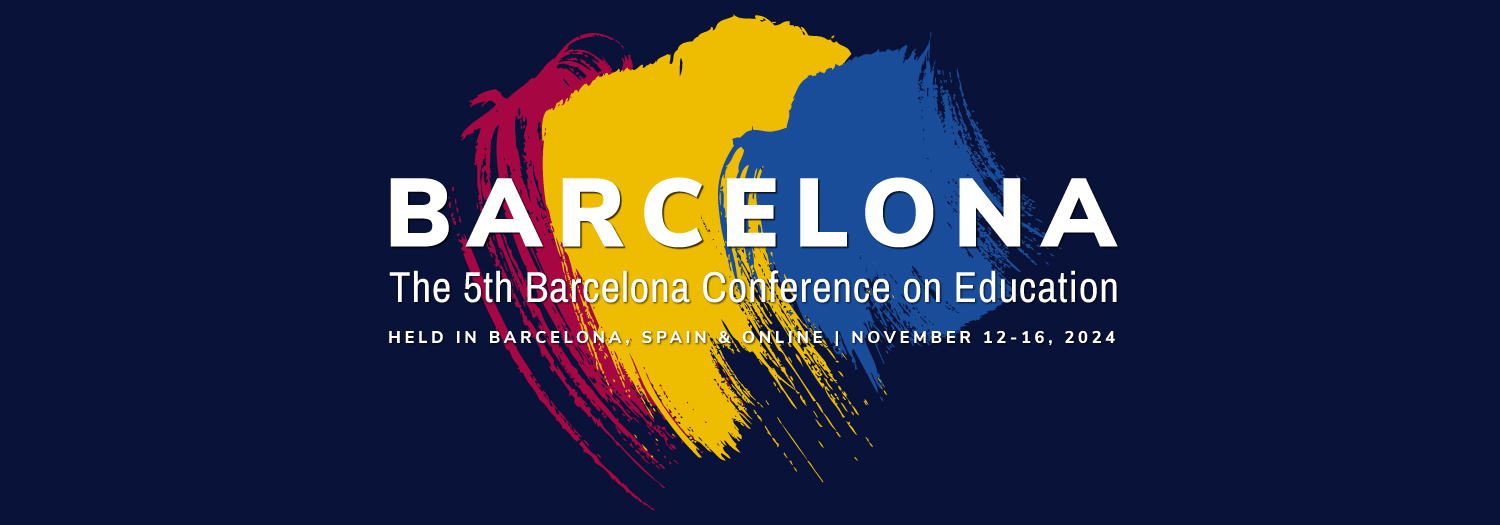
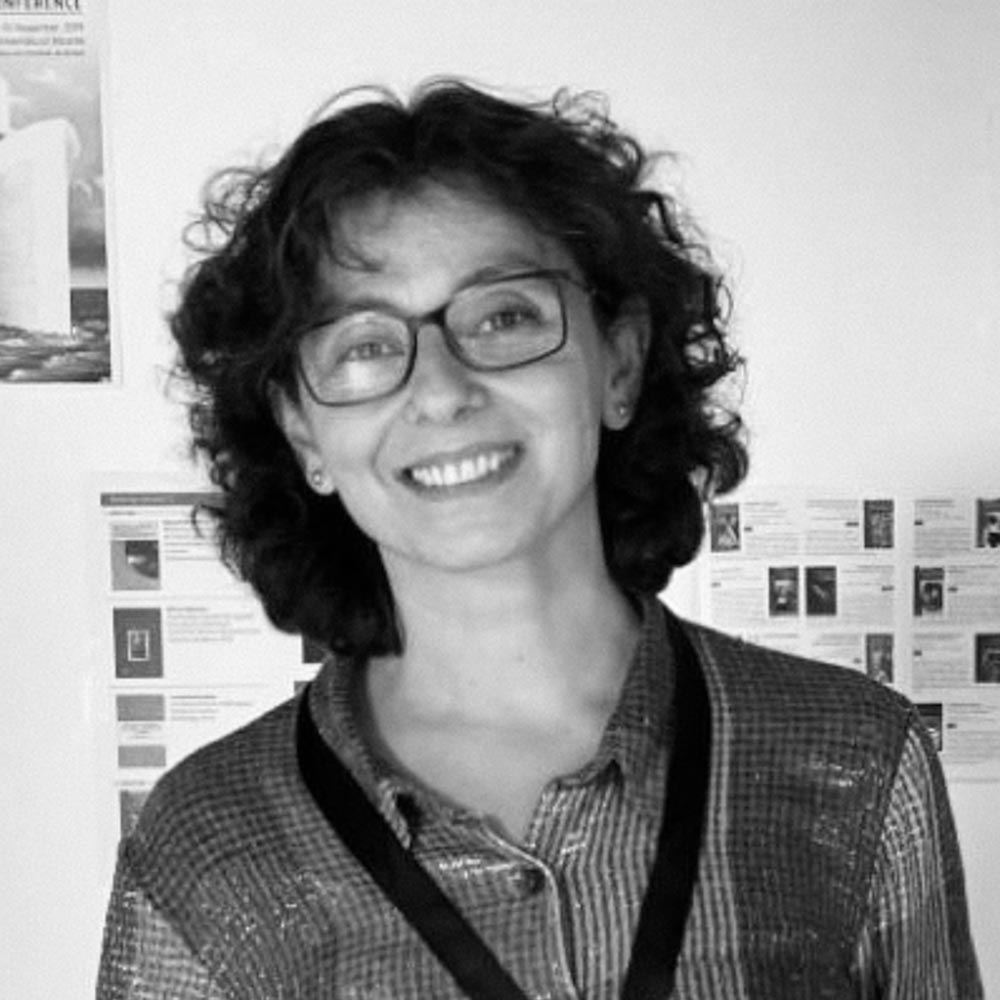
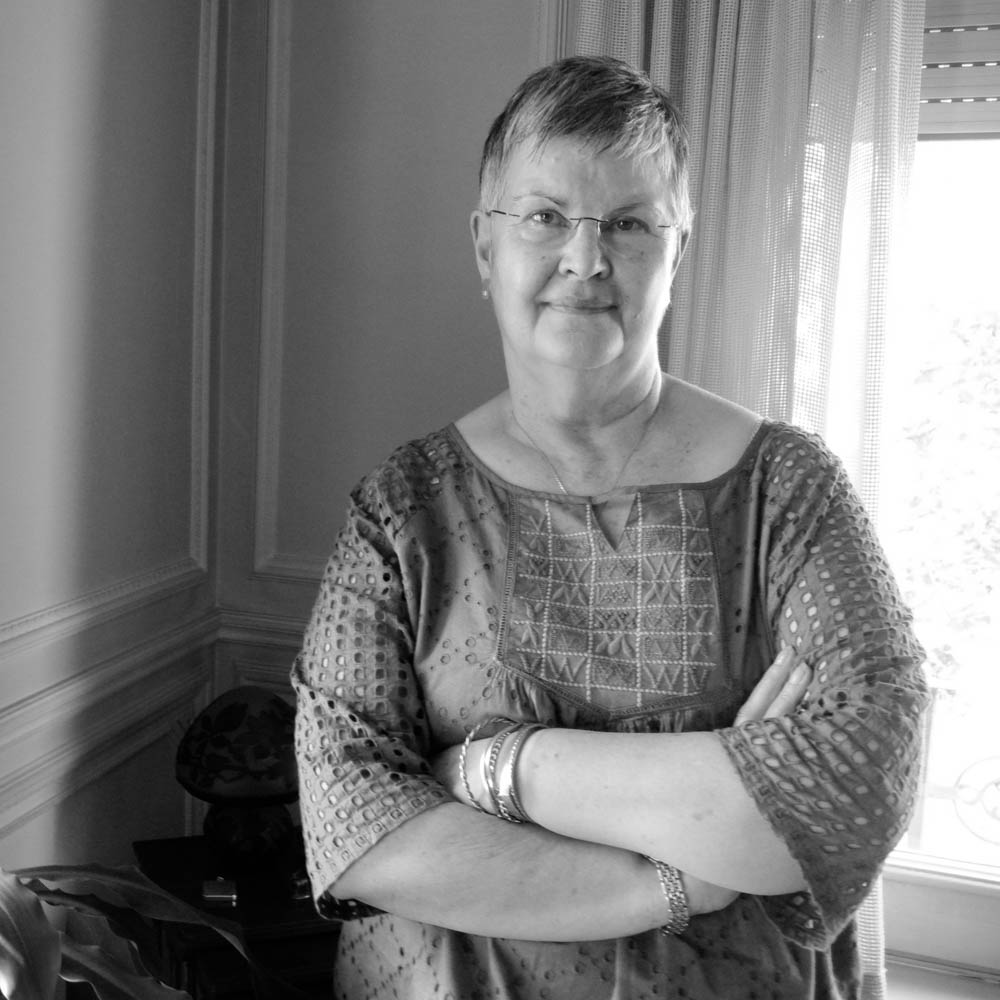

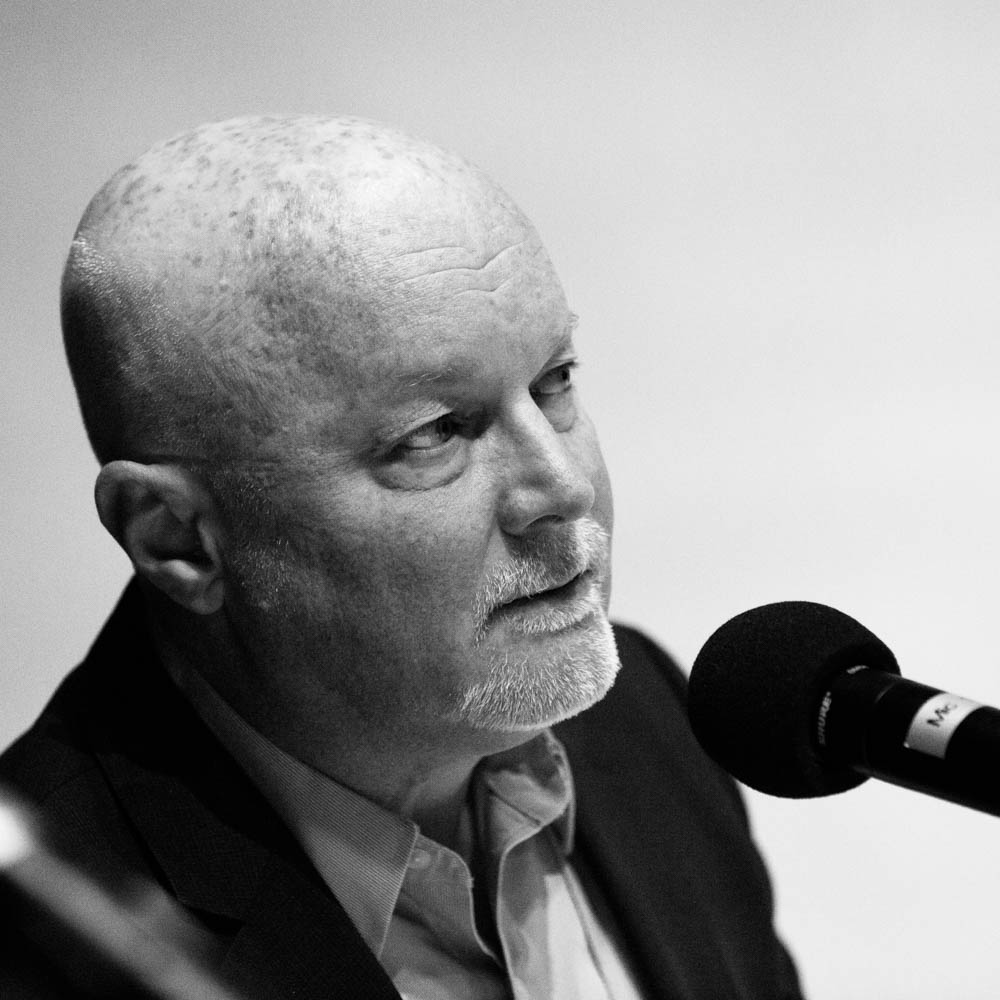
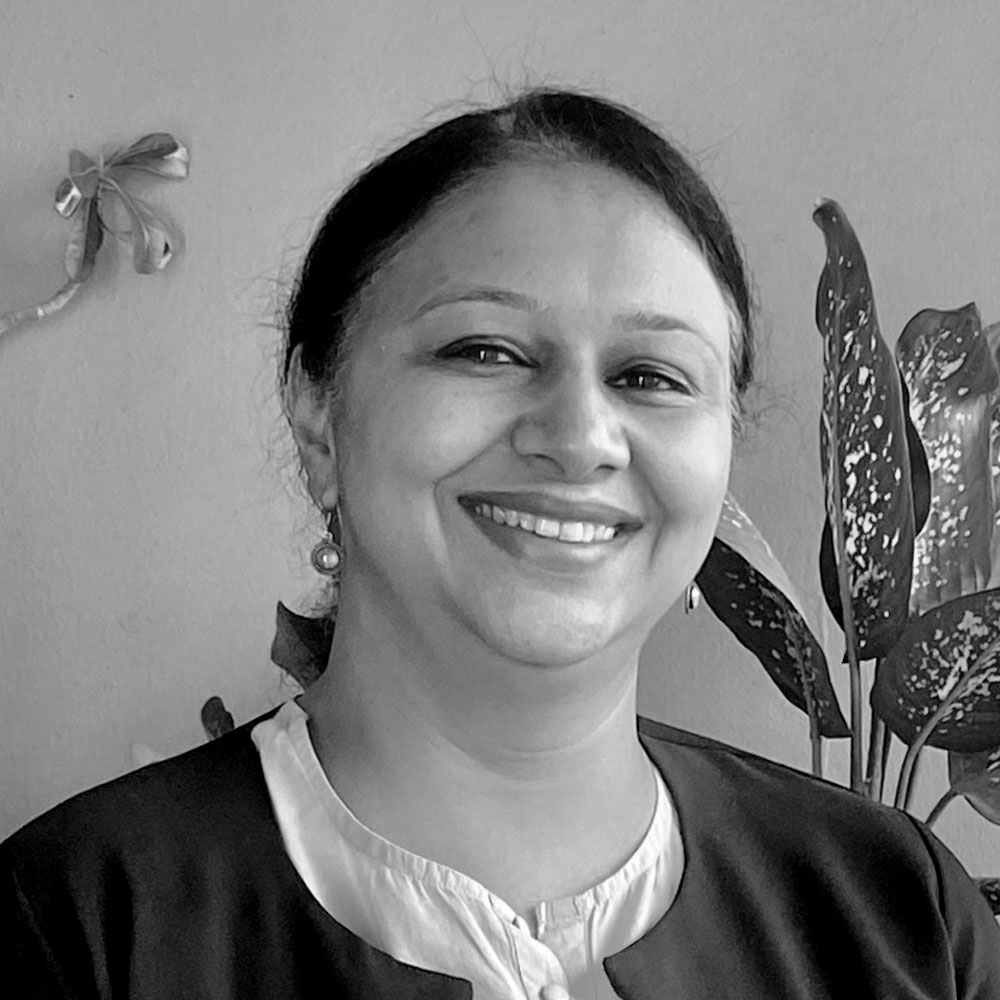
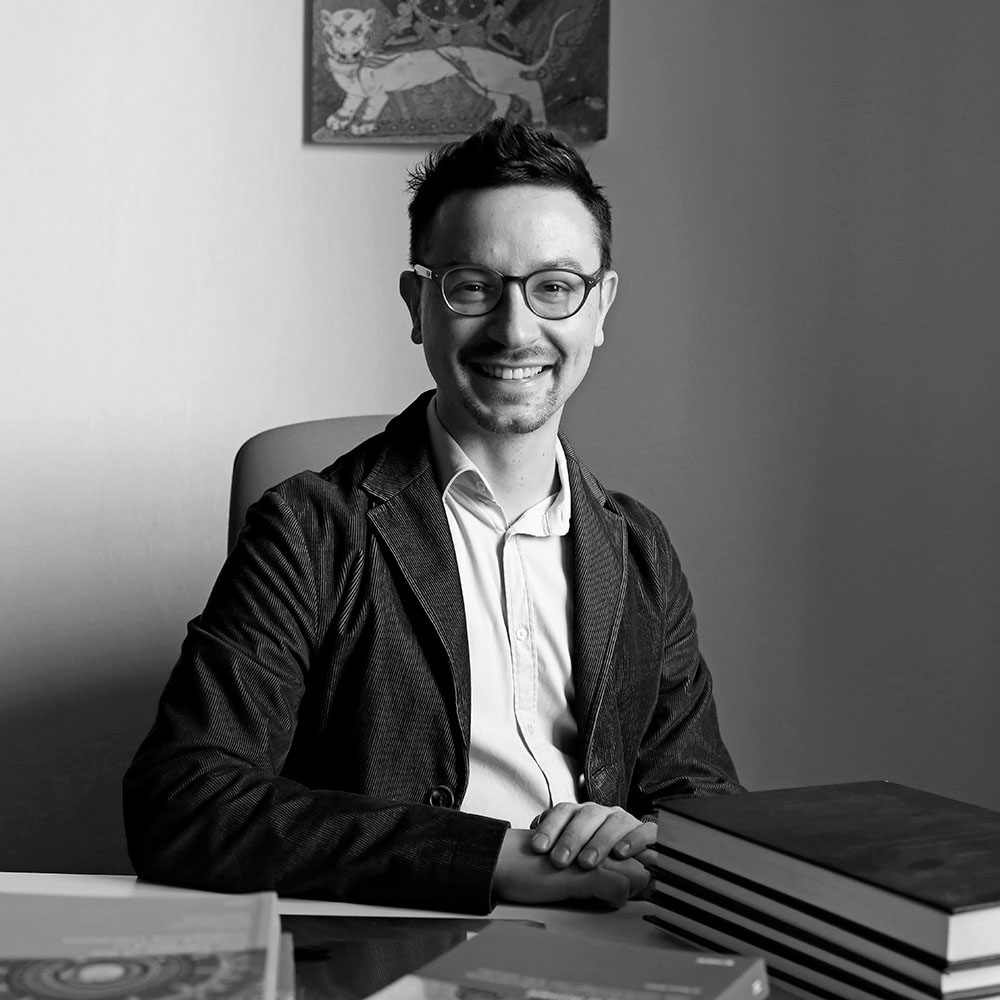
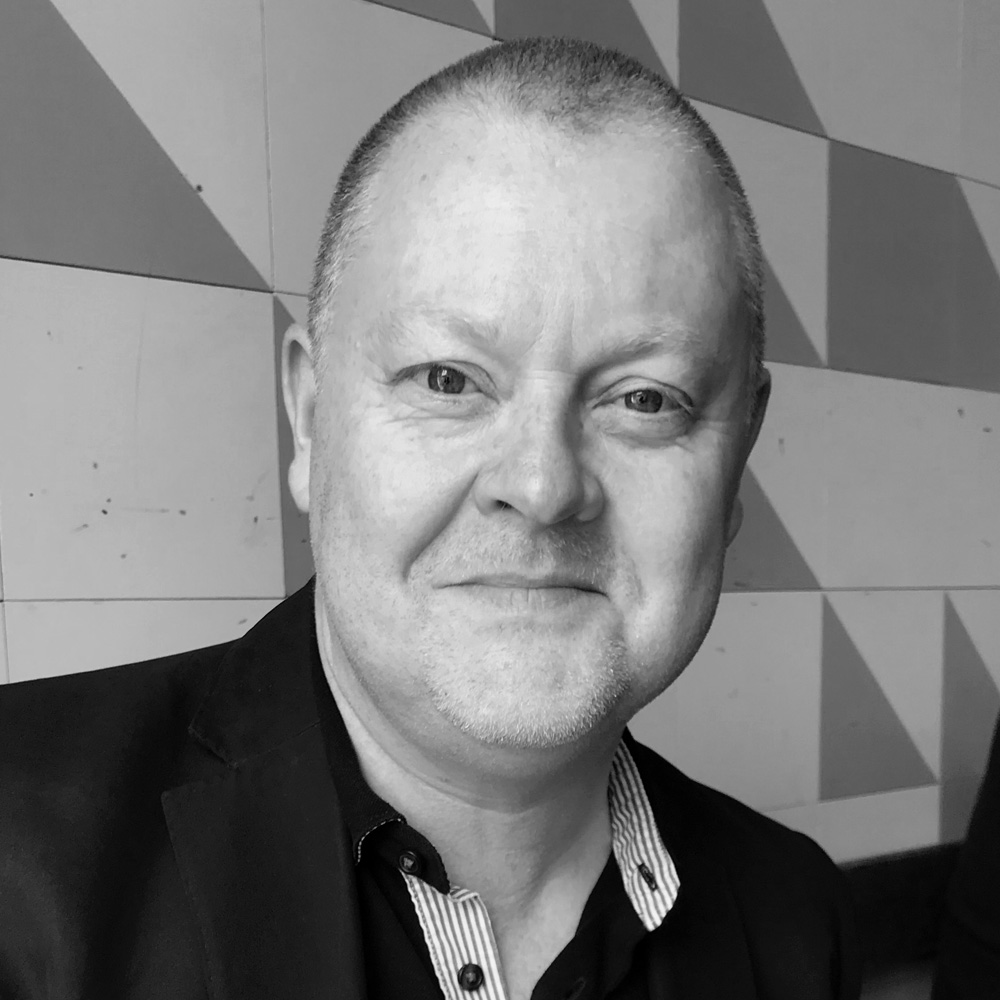
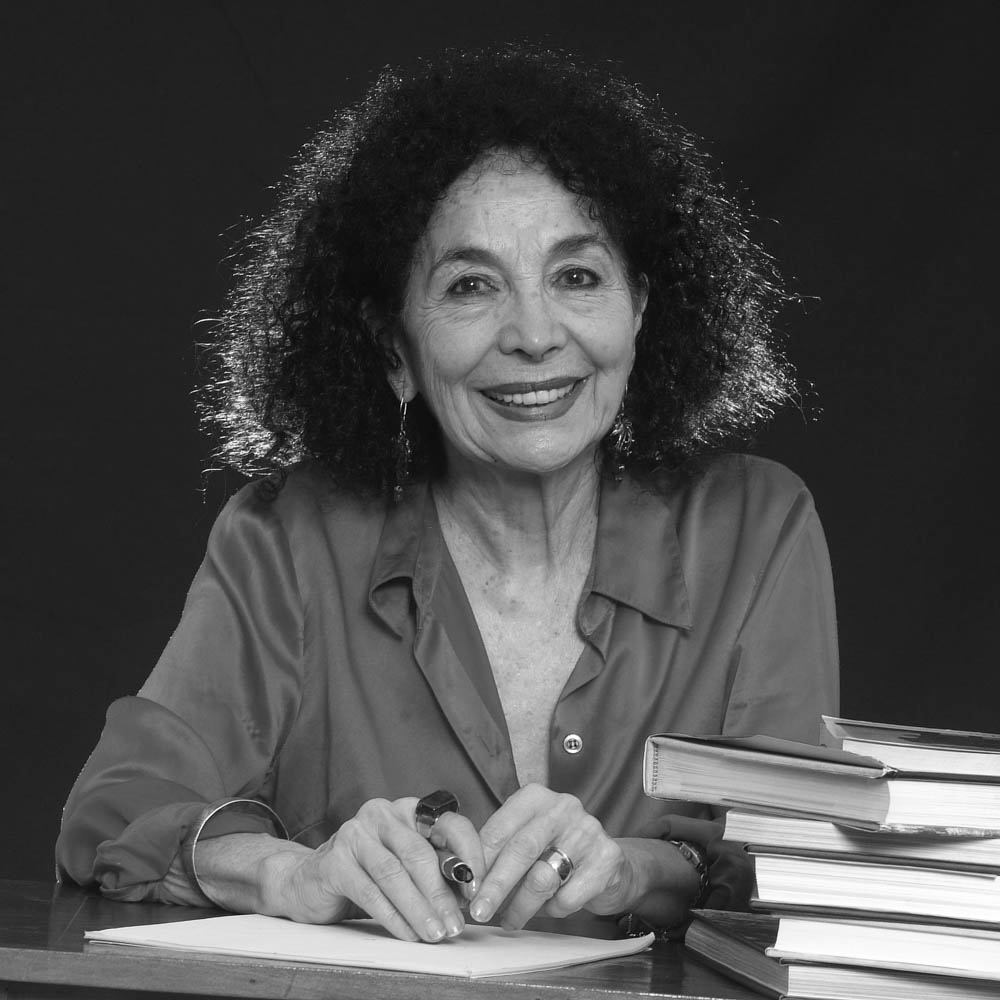
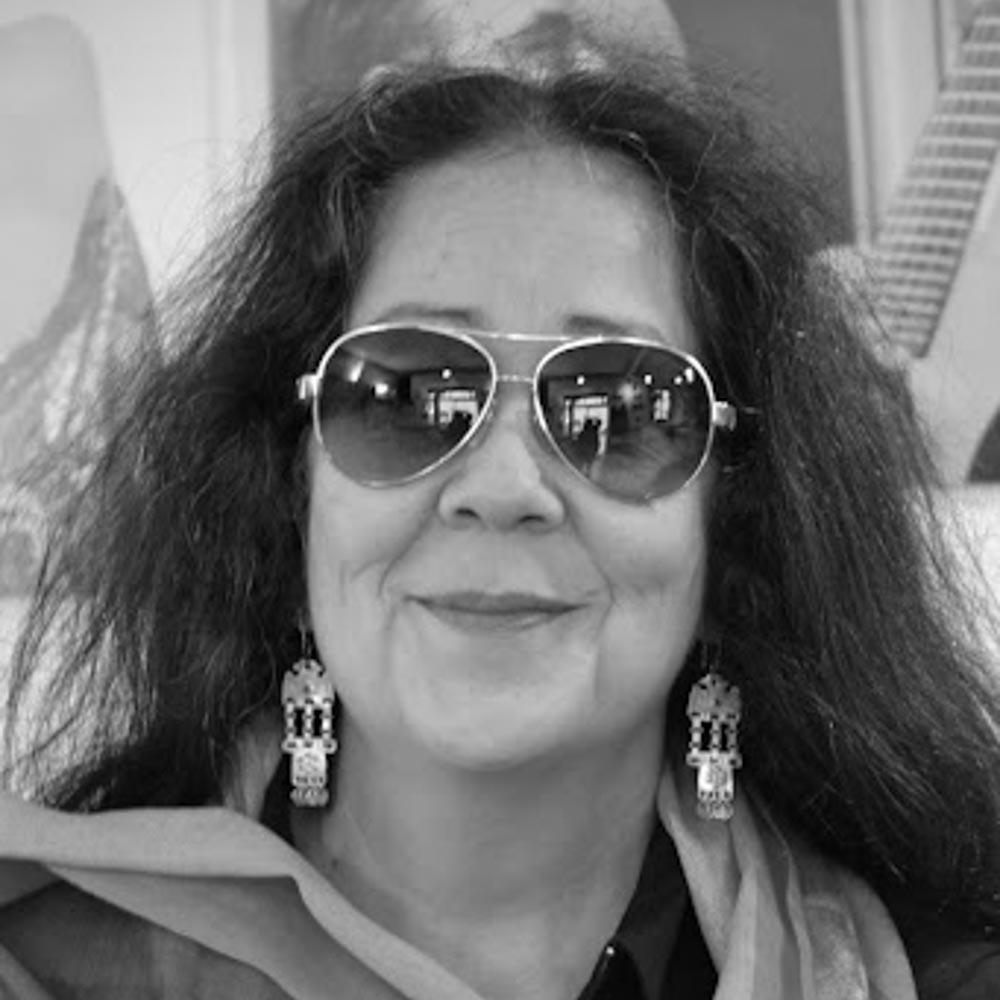
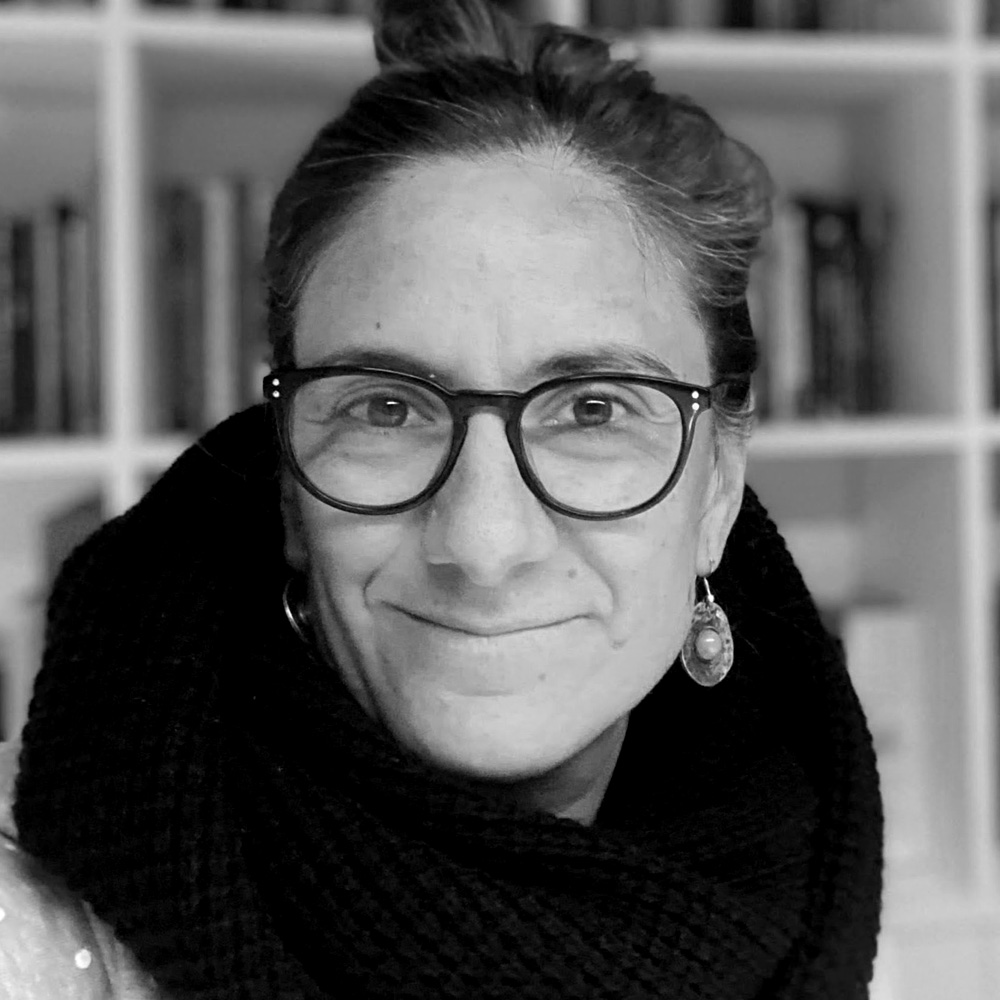
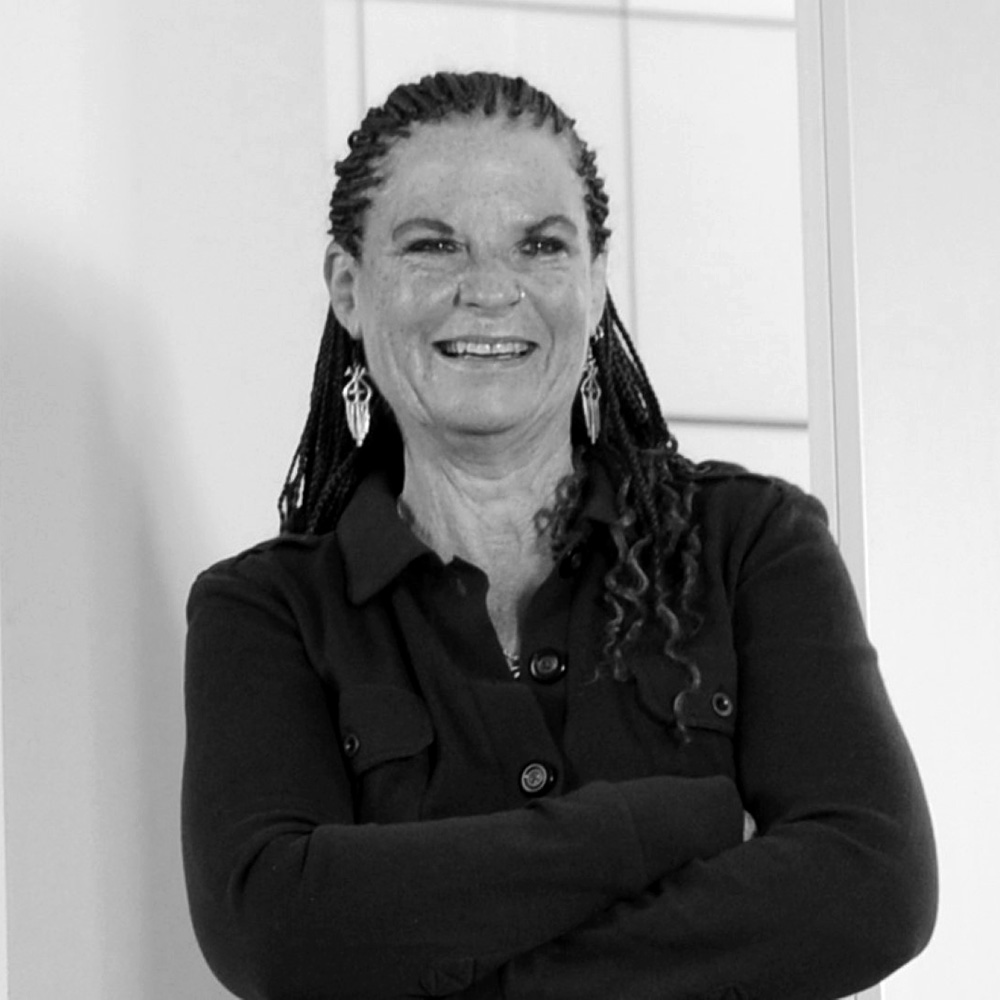
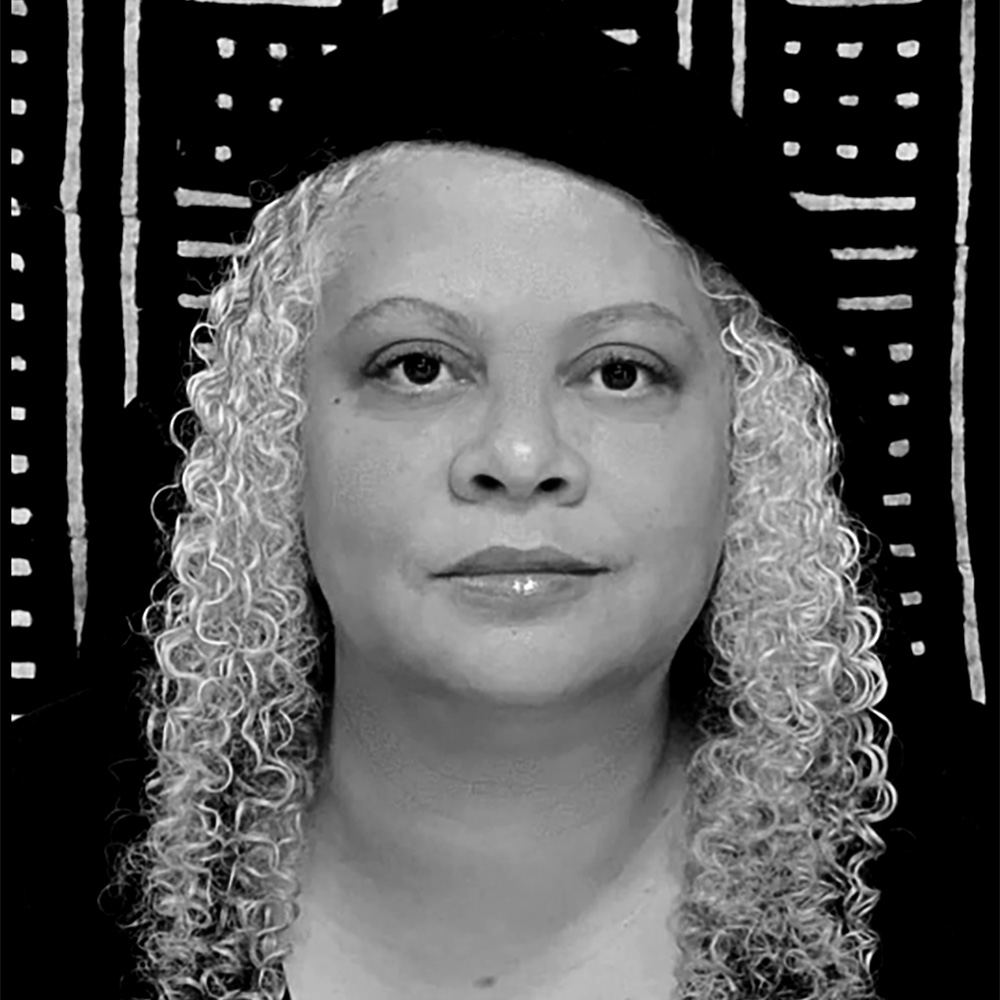
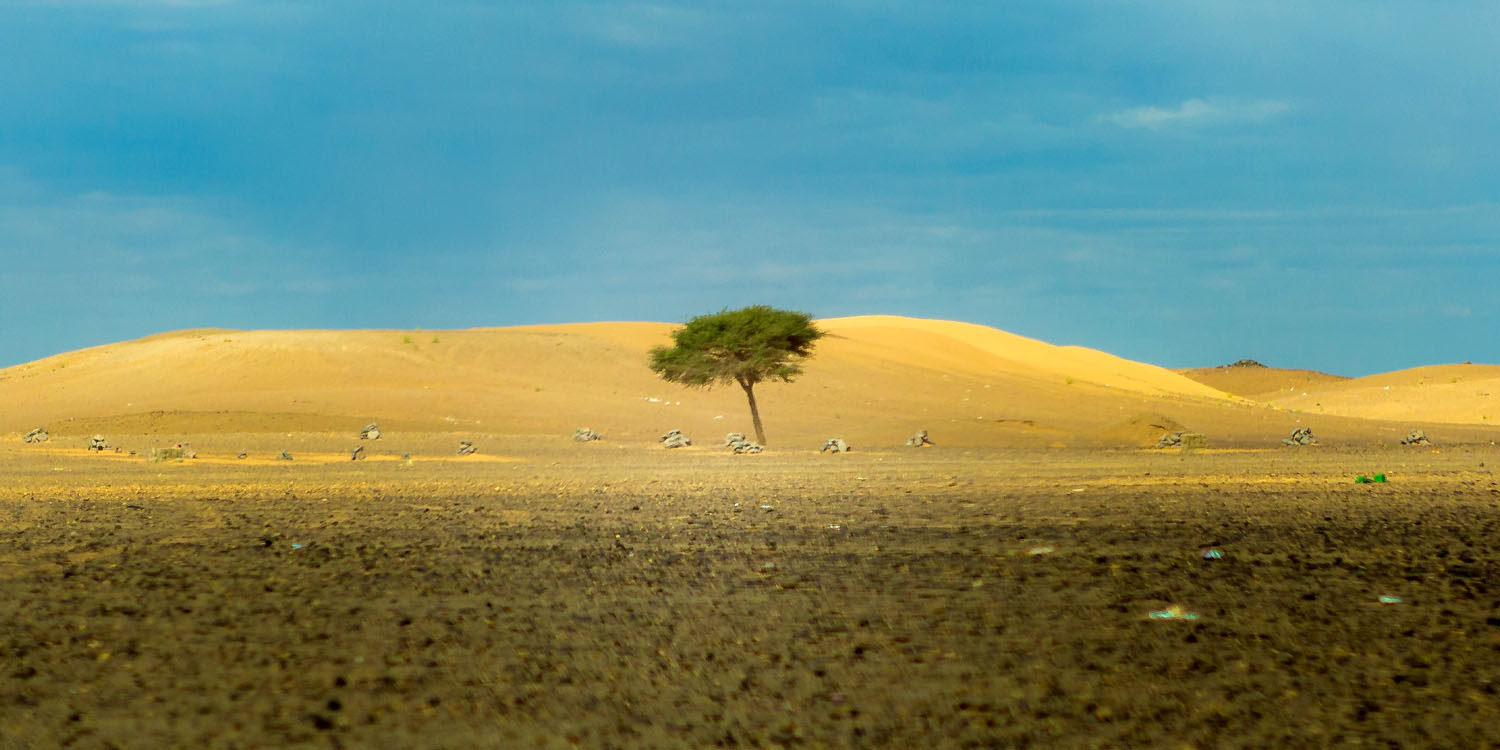
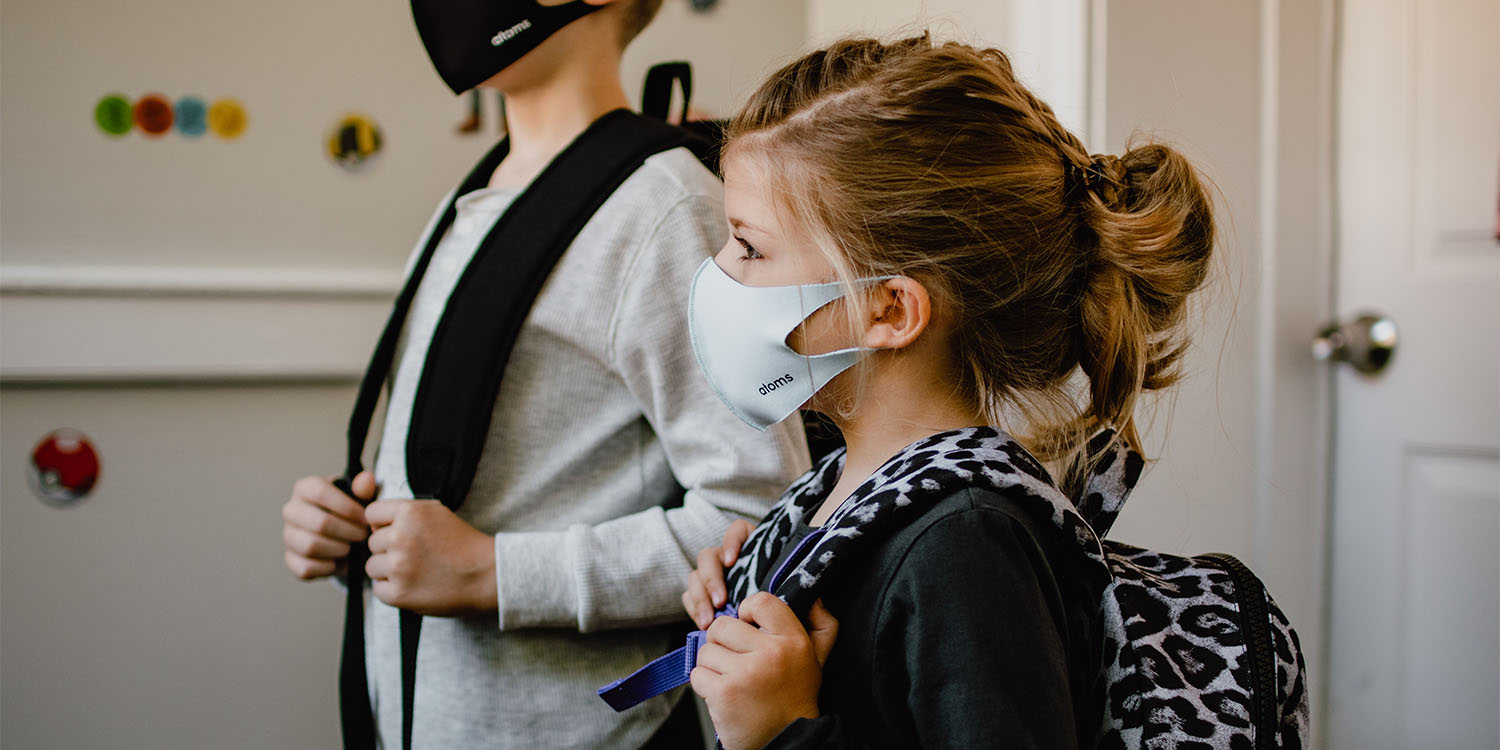
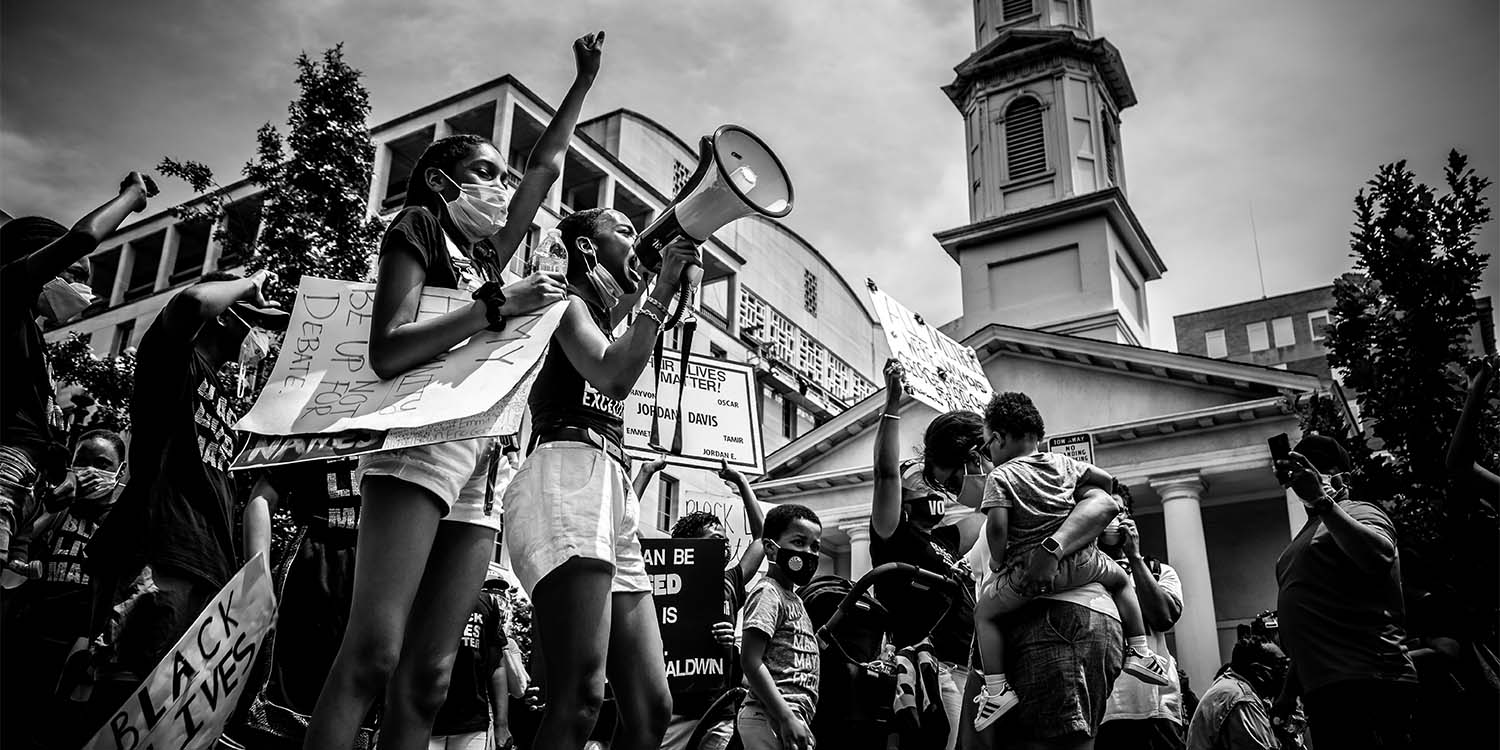
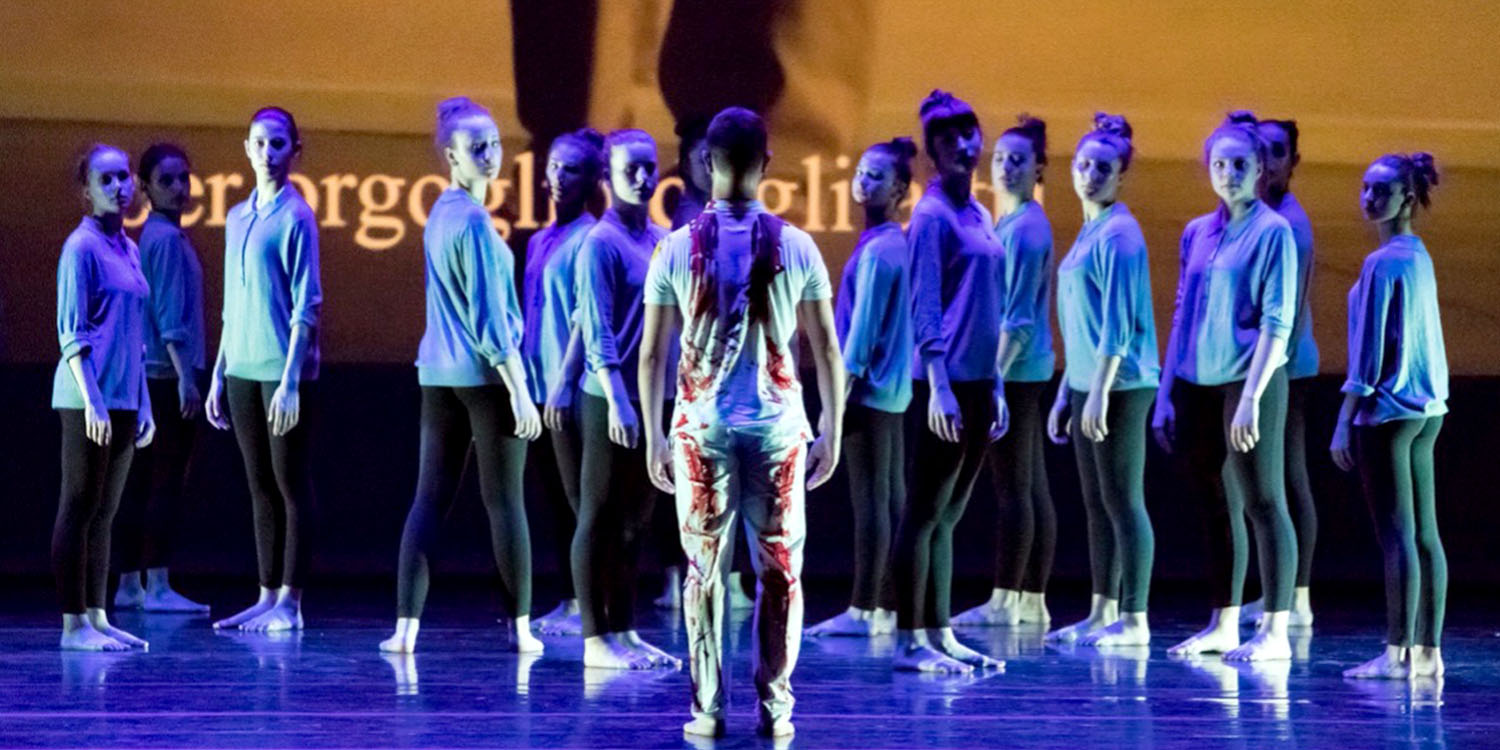
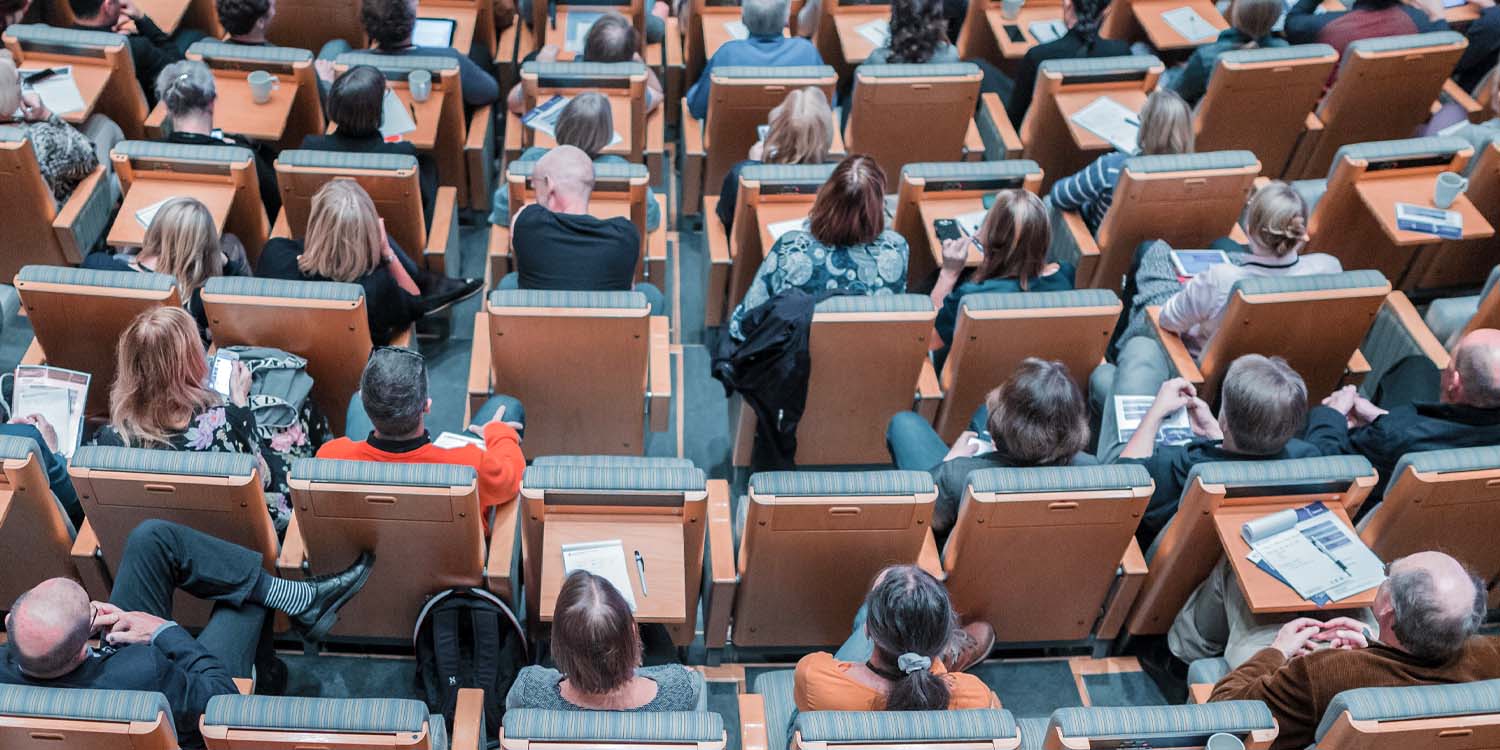
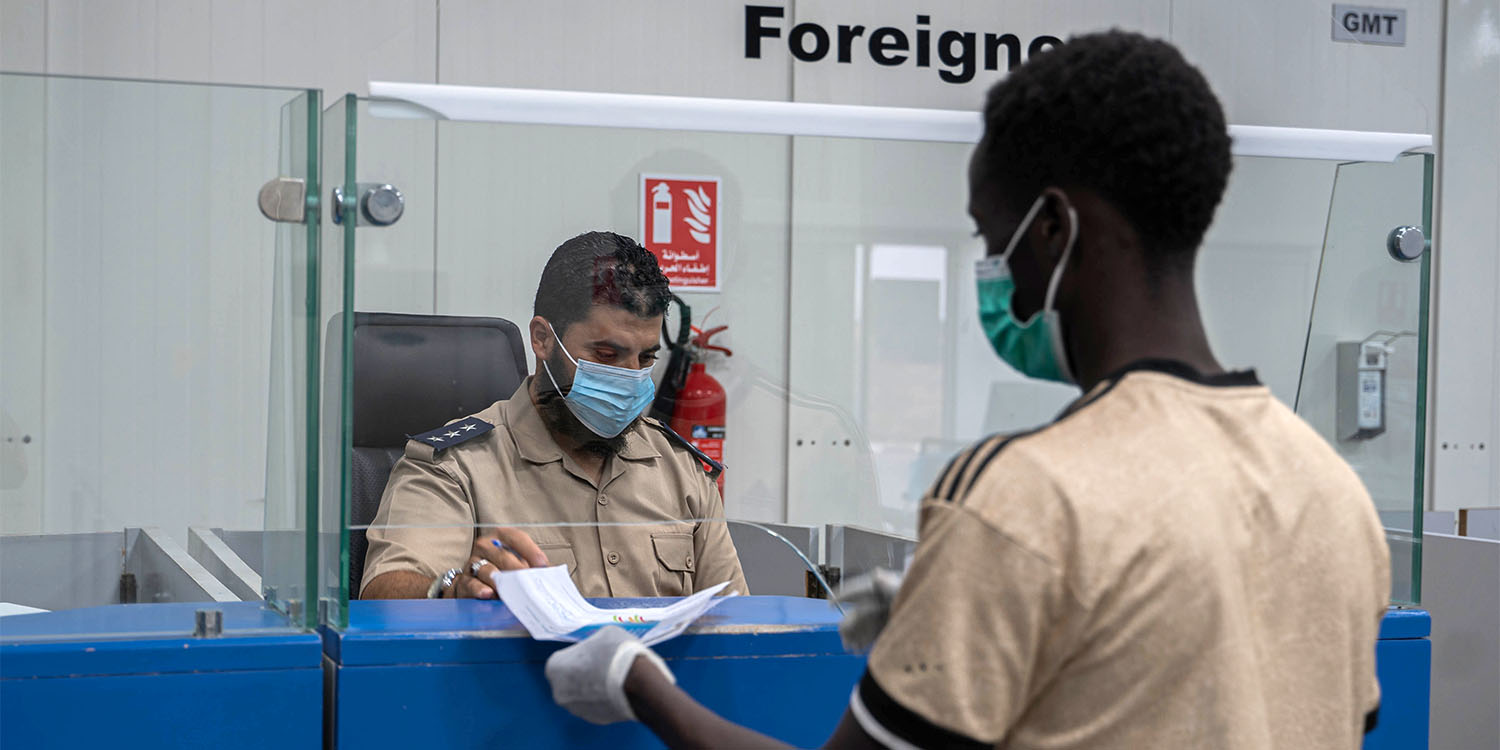
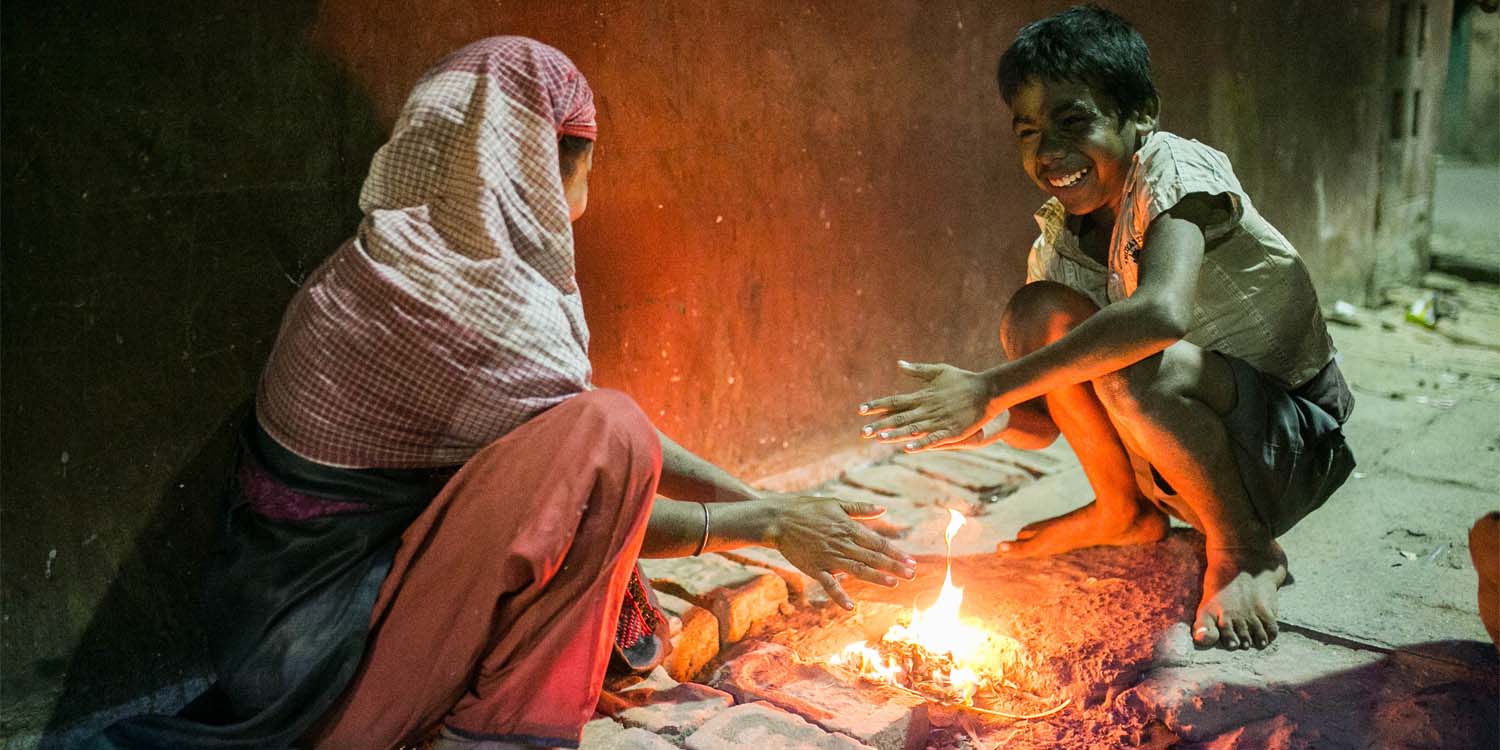
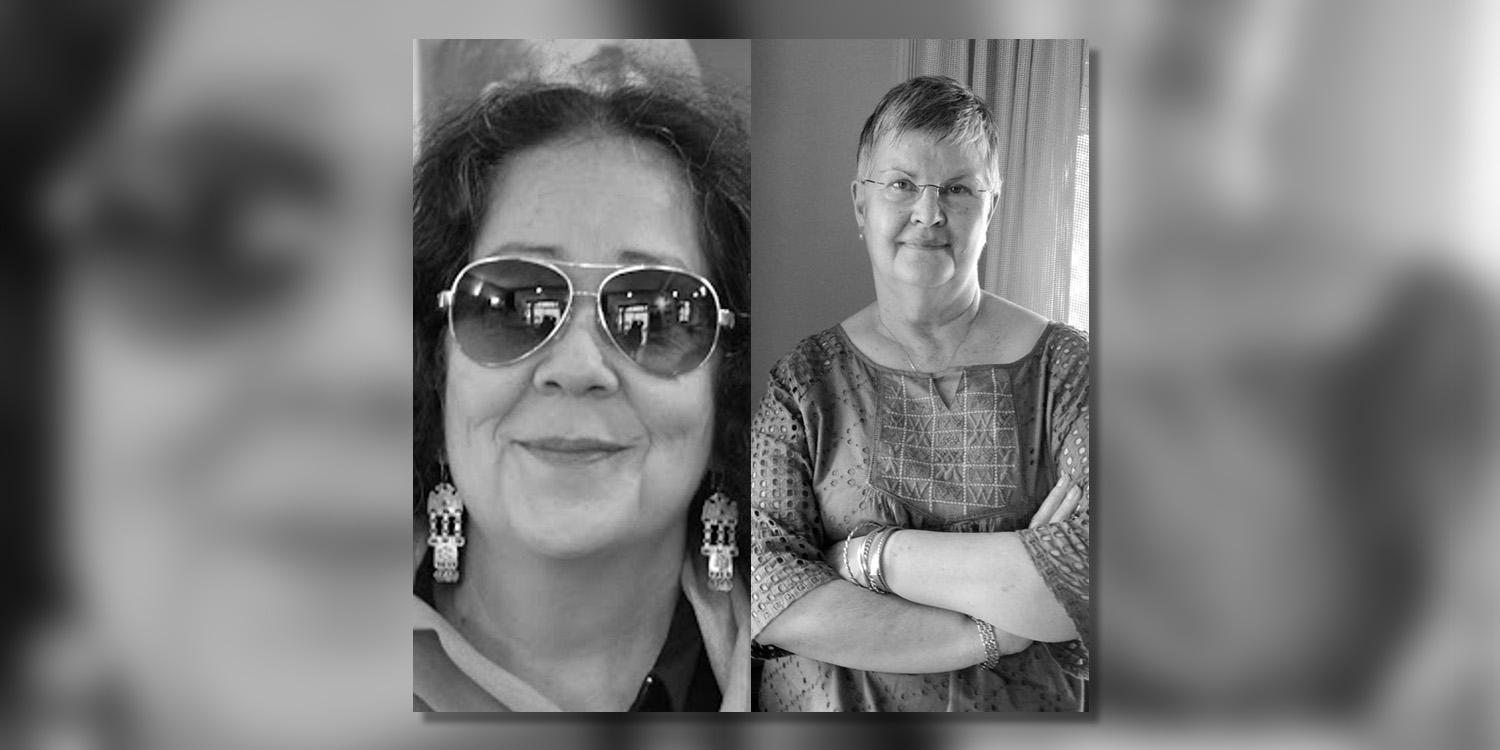
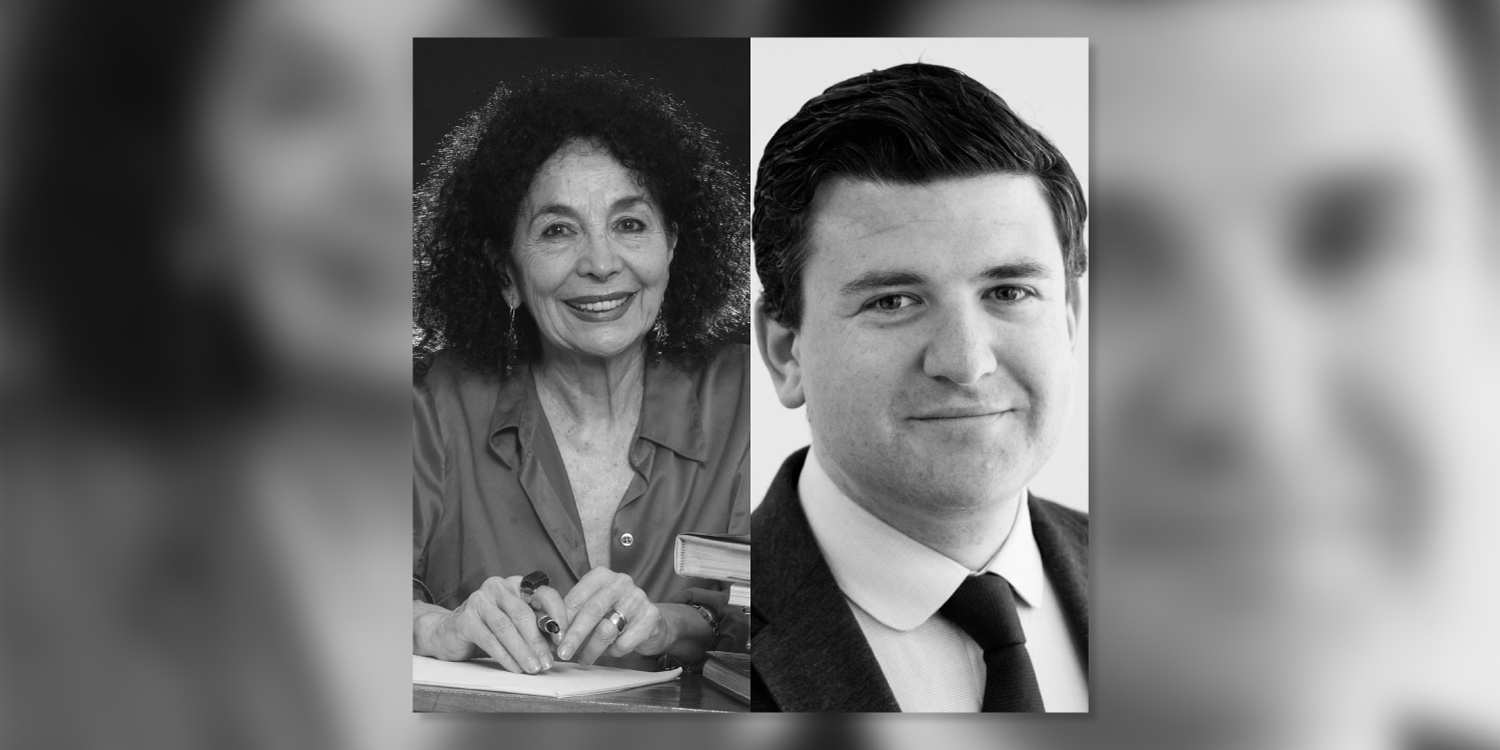
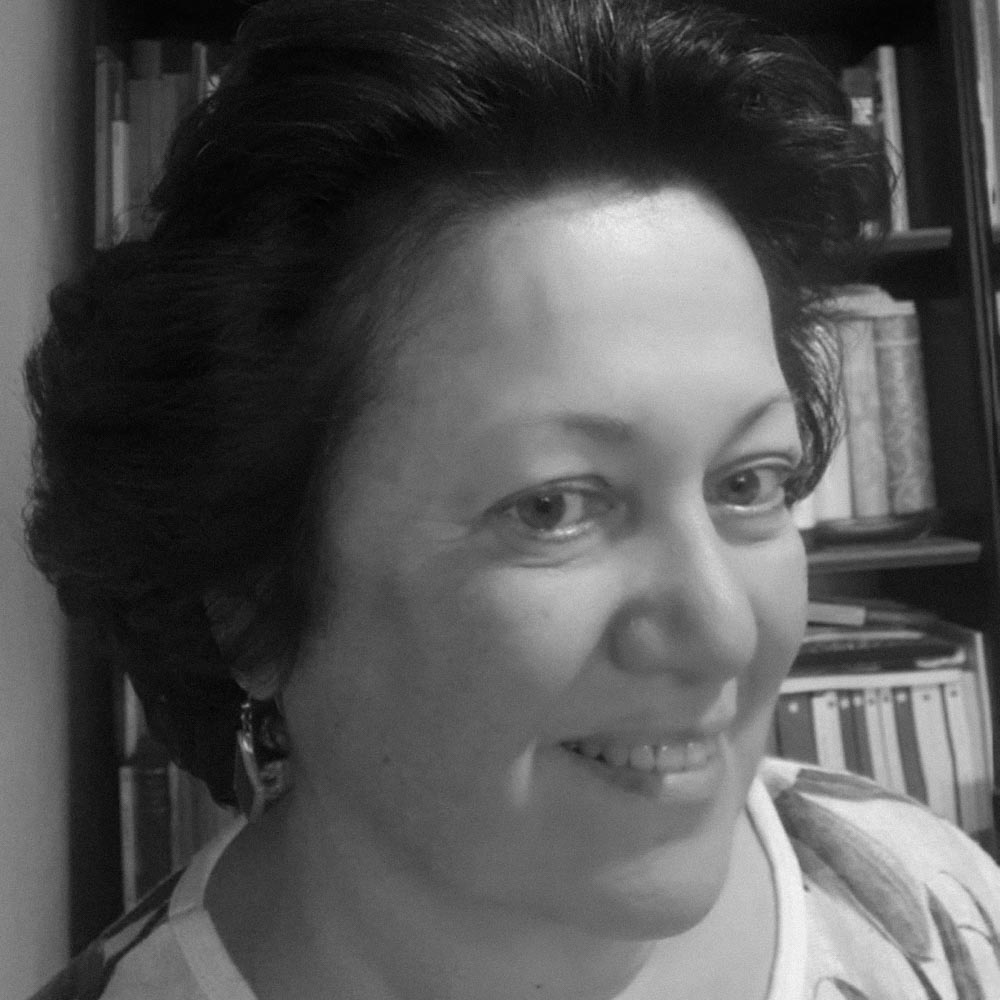
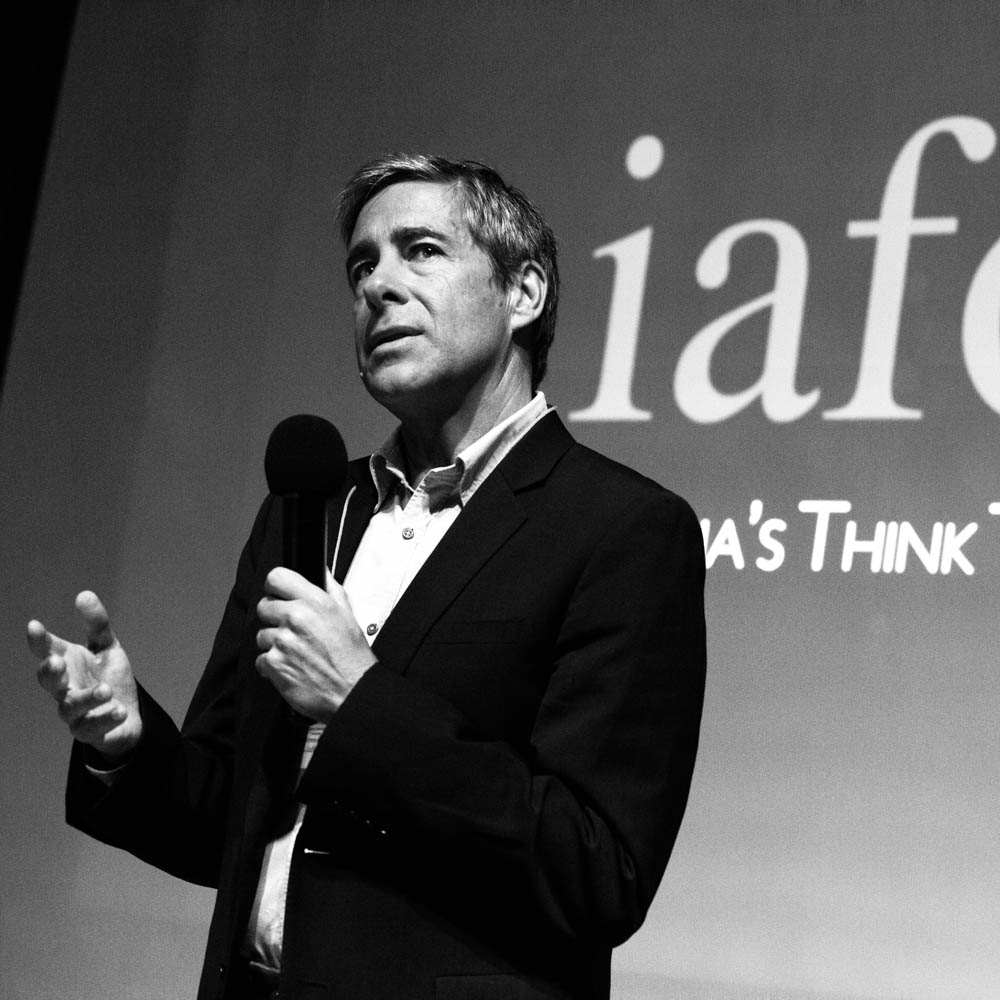
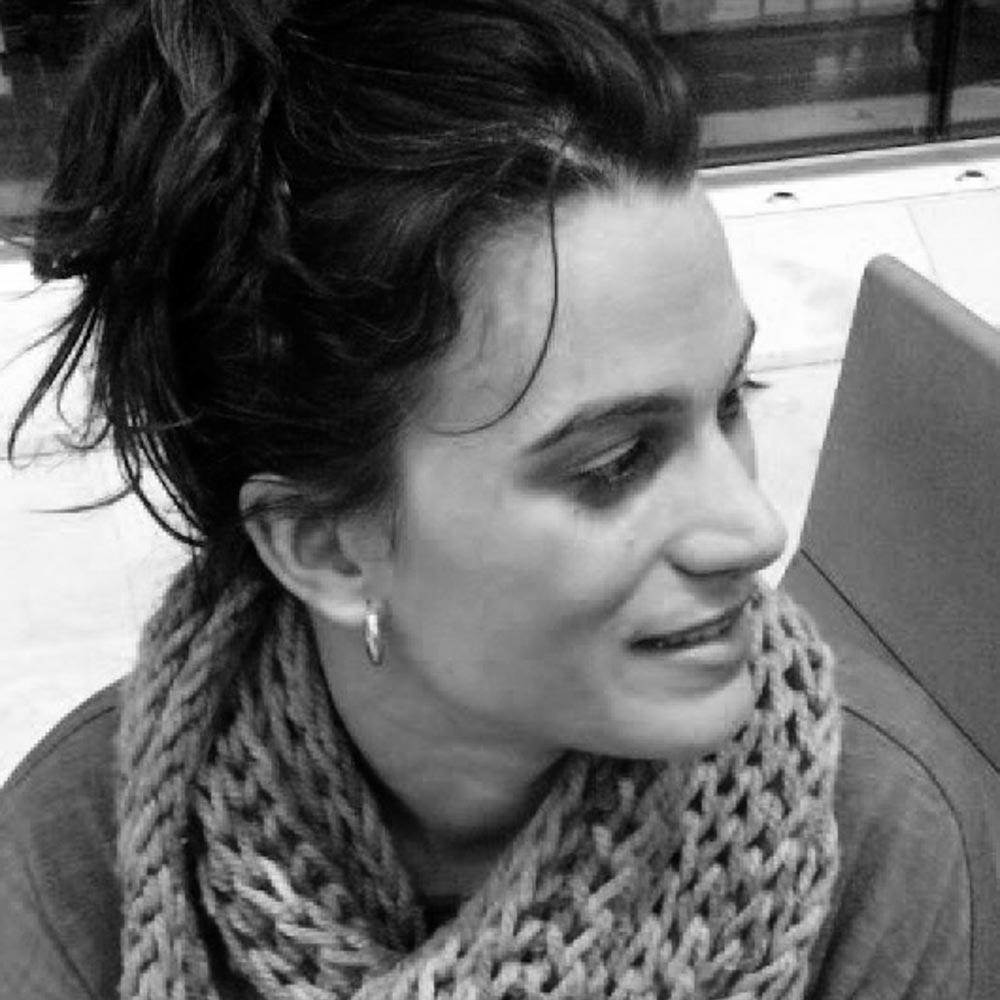
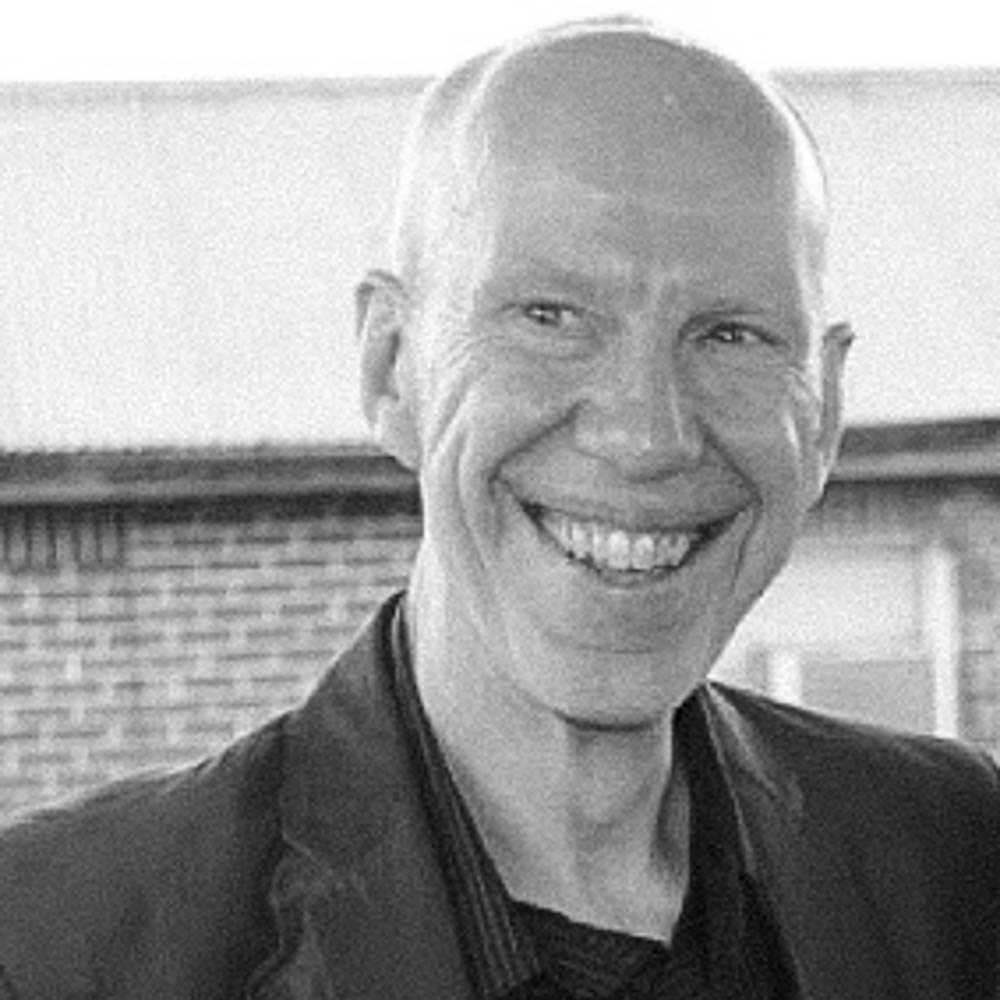
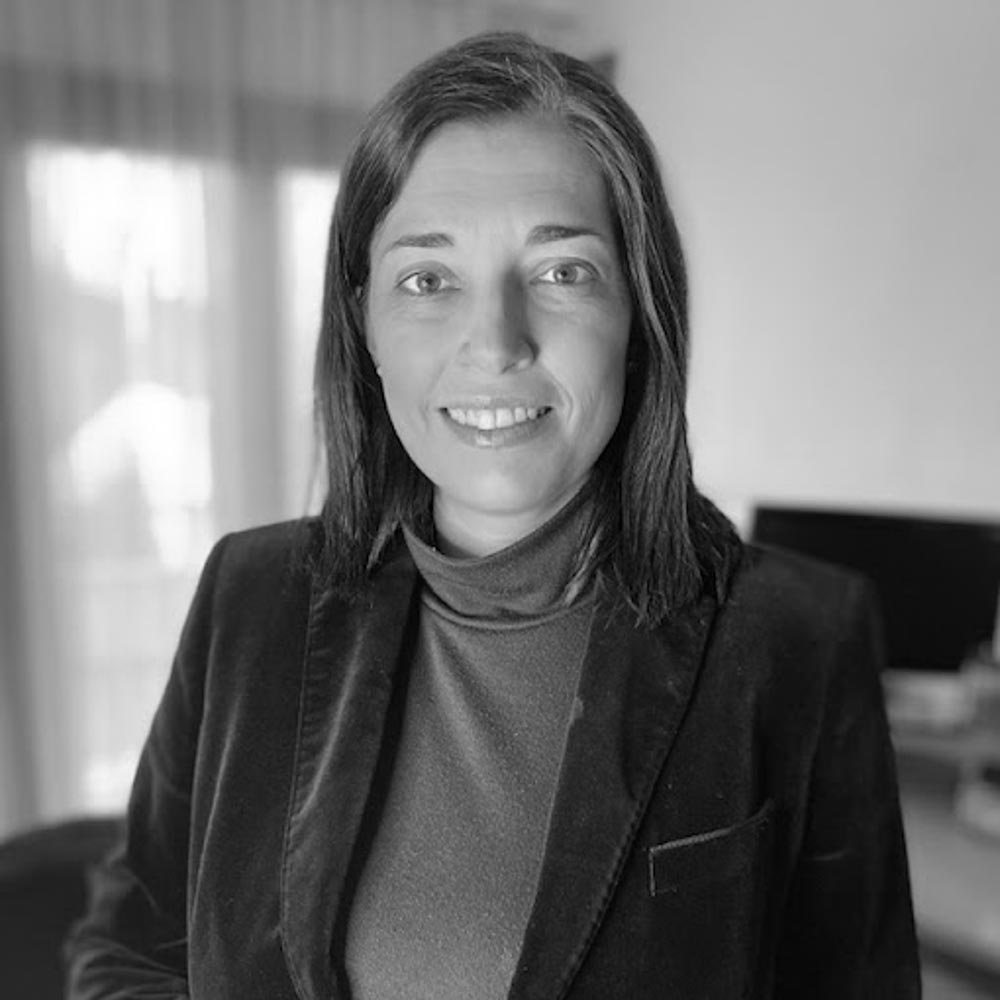
You must be logged in to post a comment.